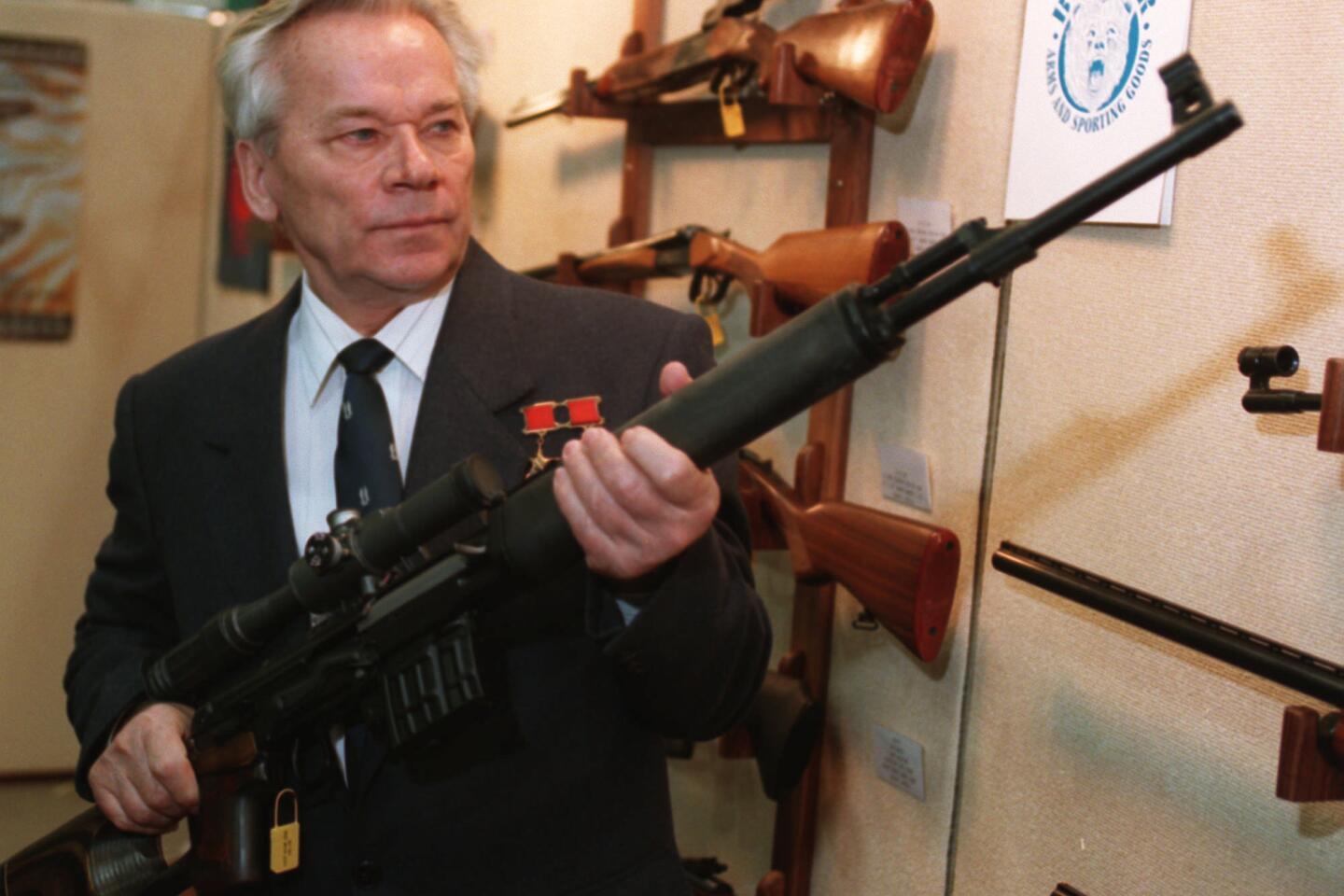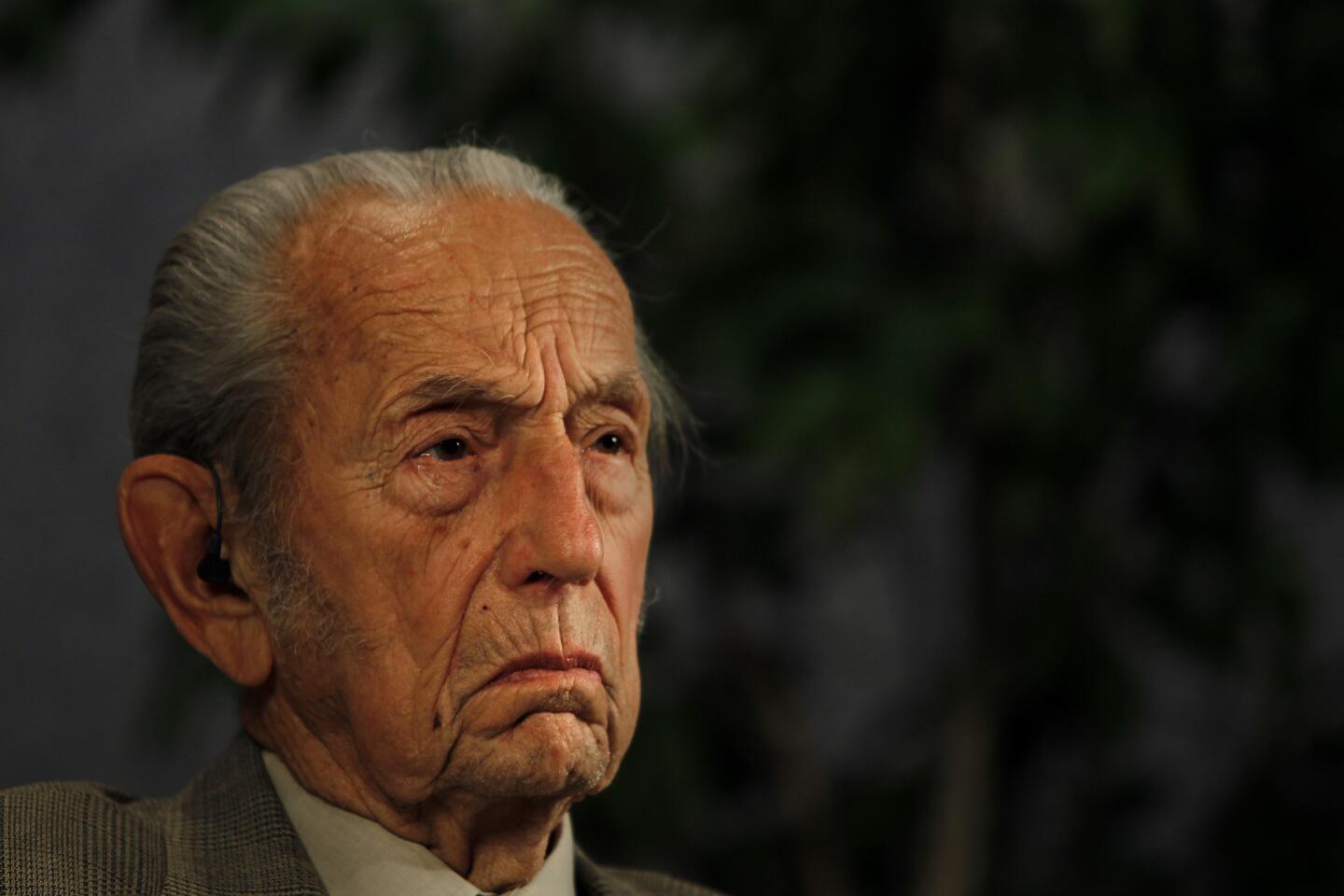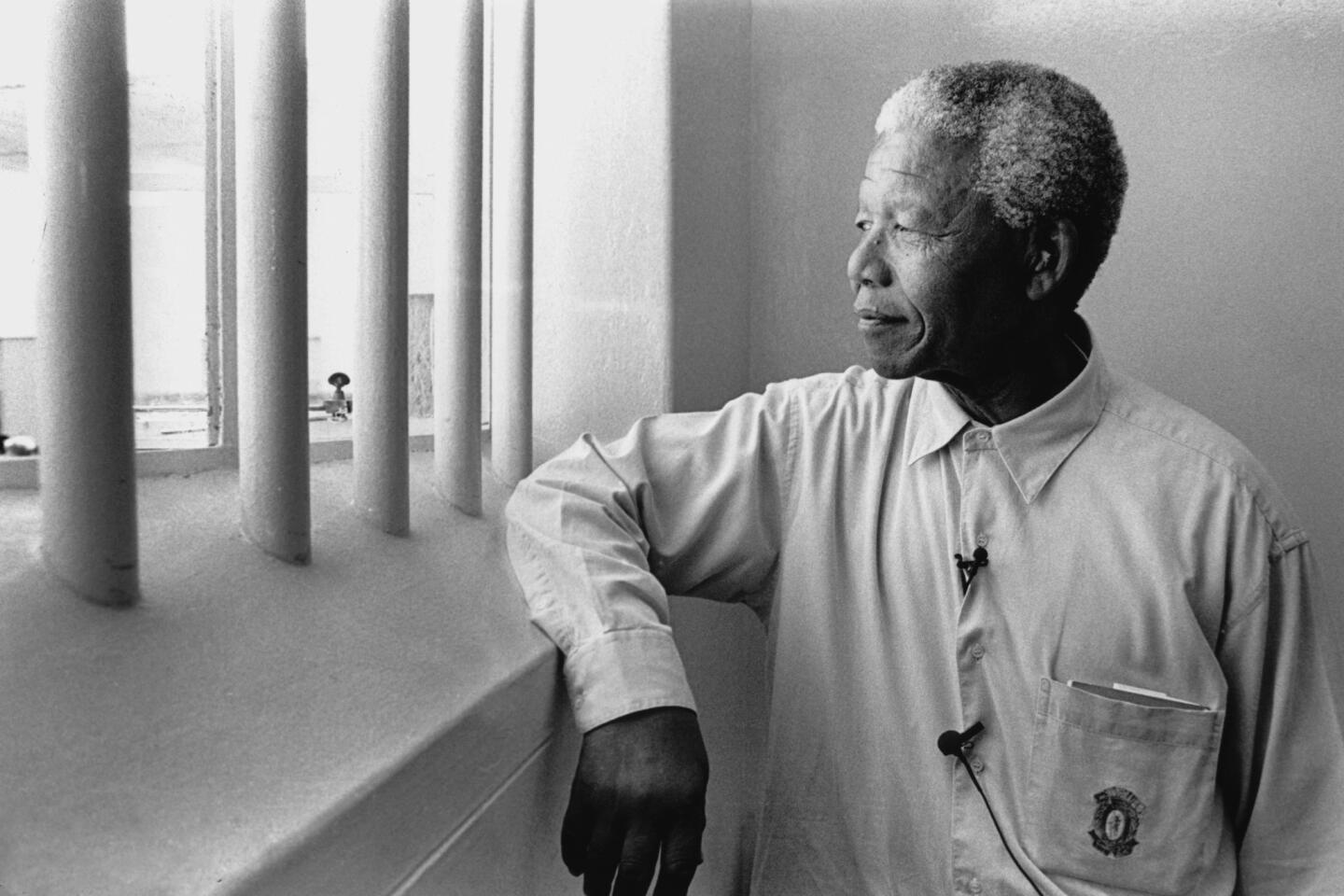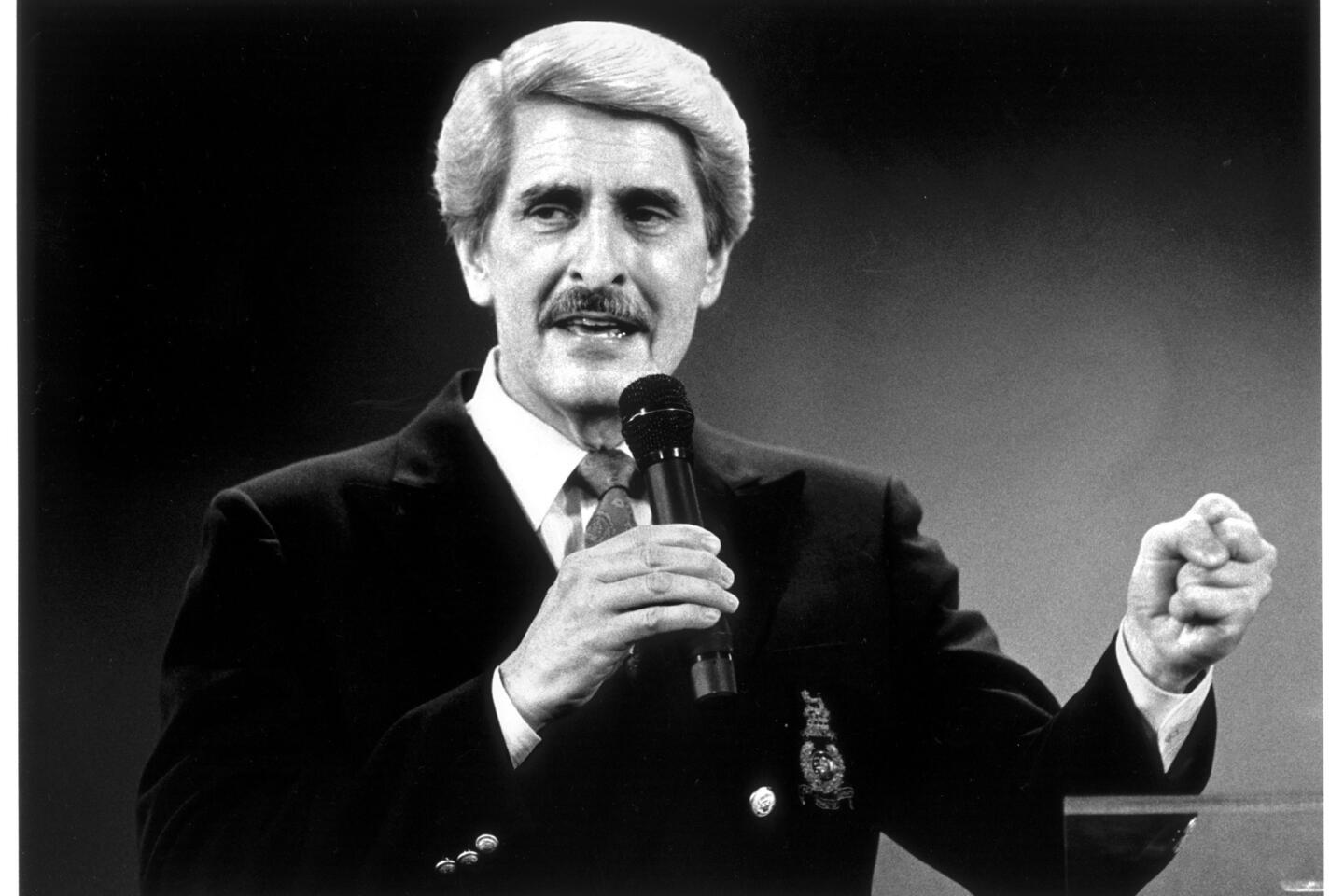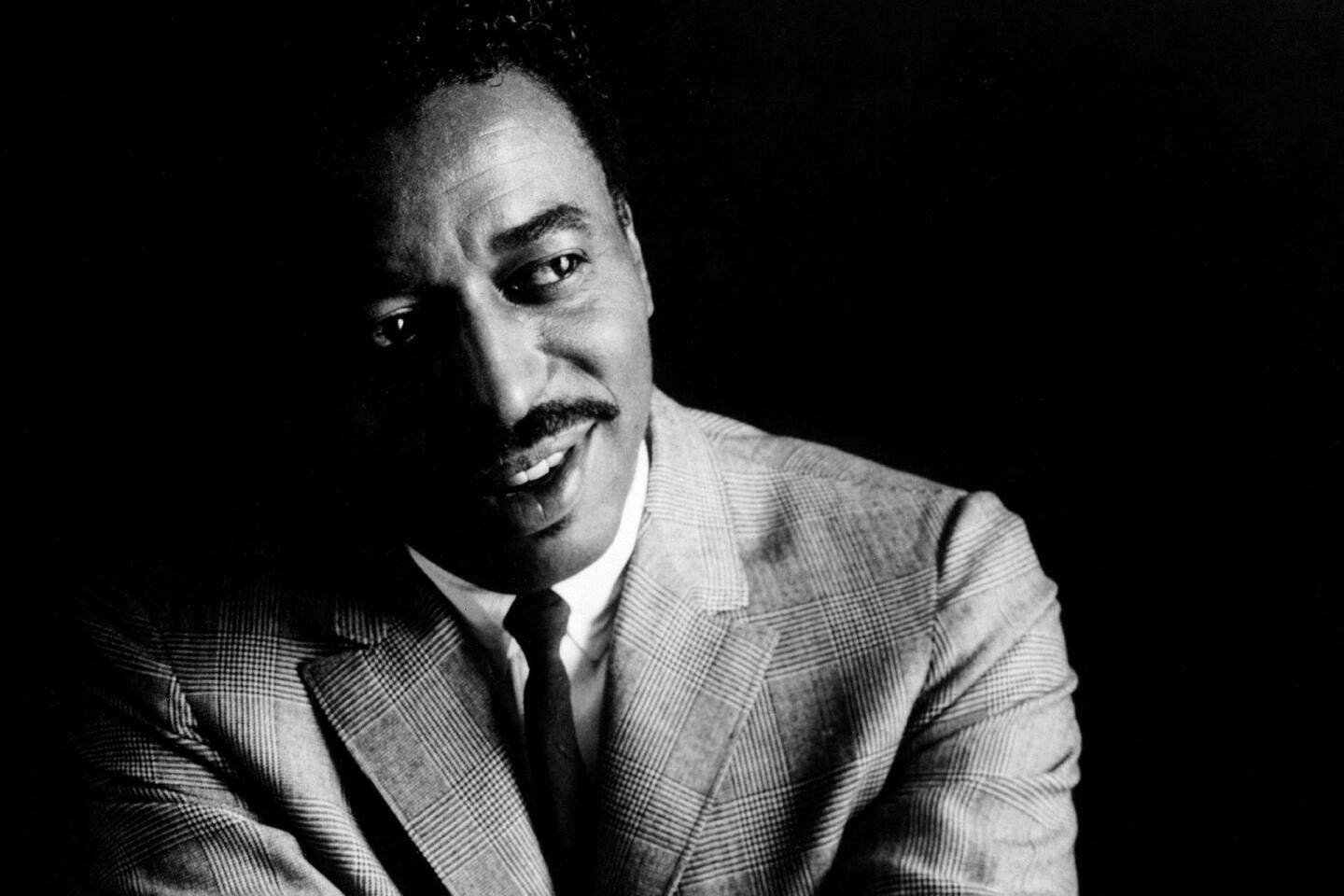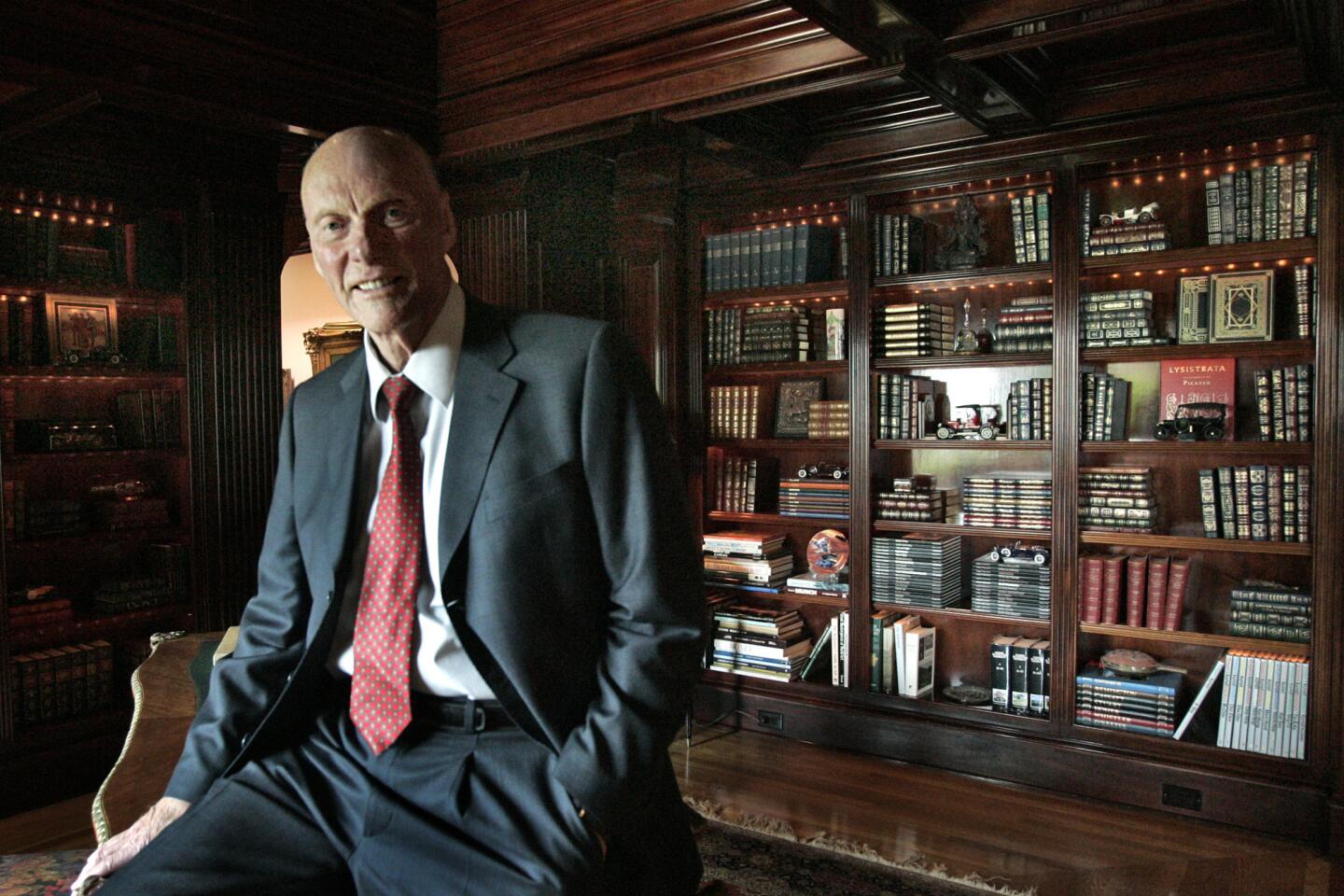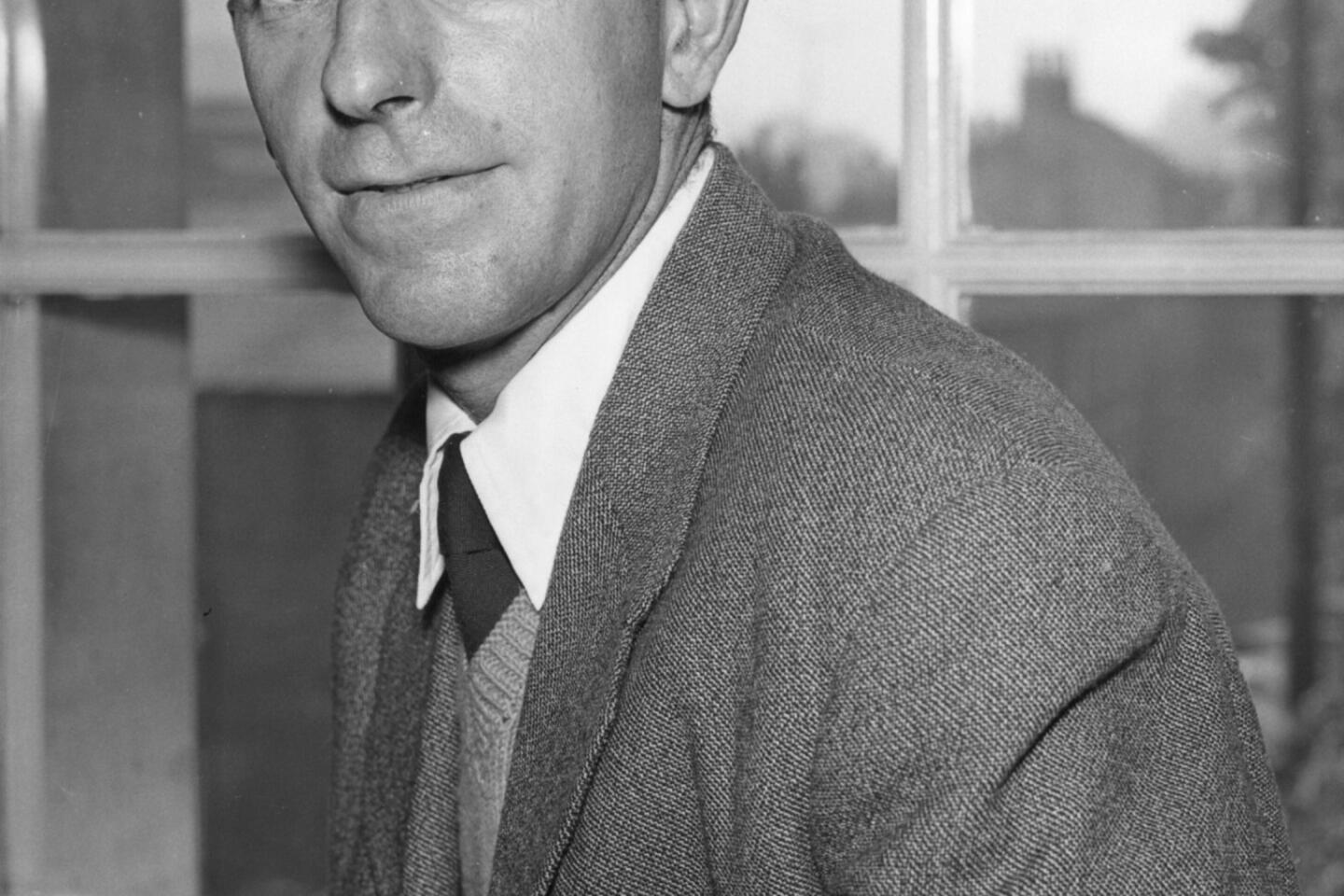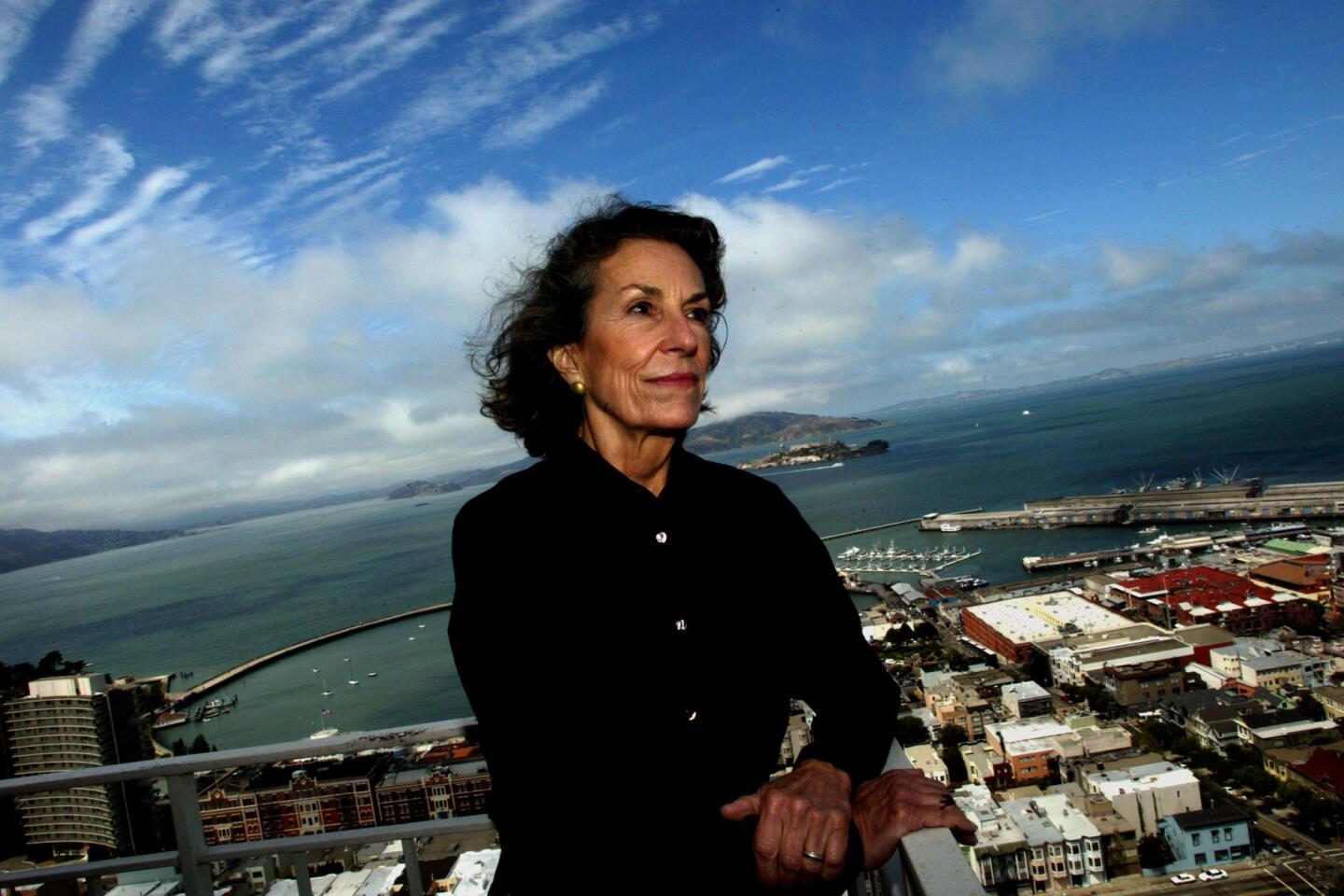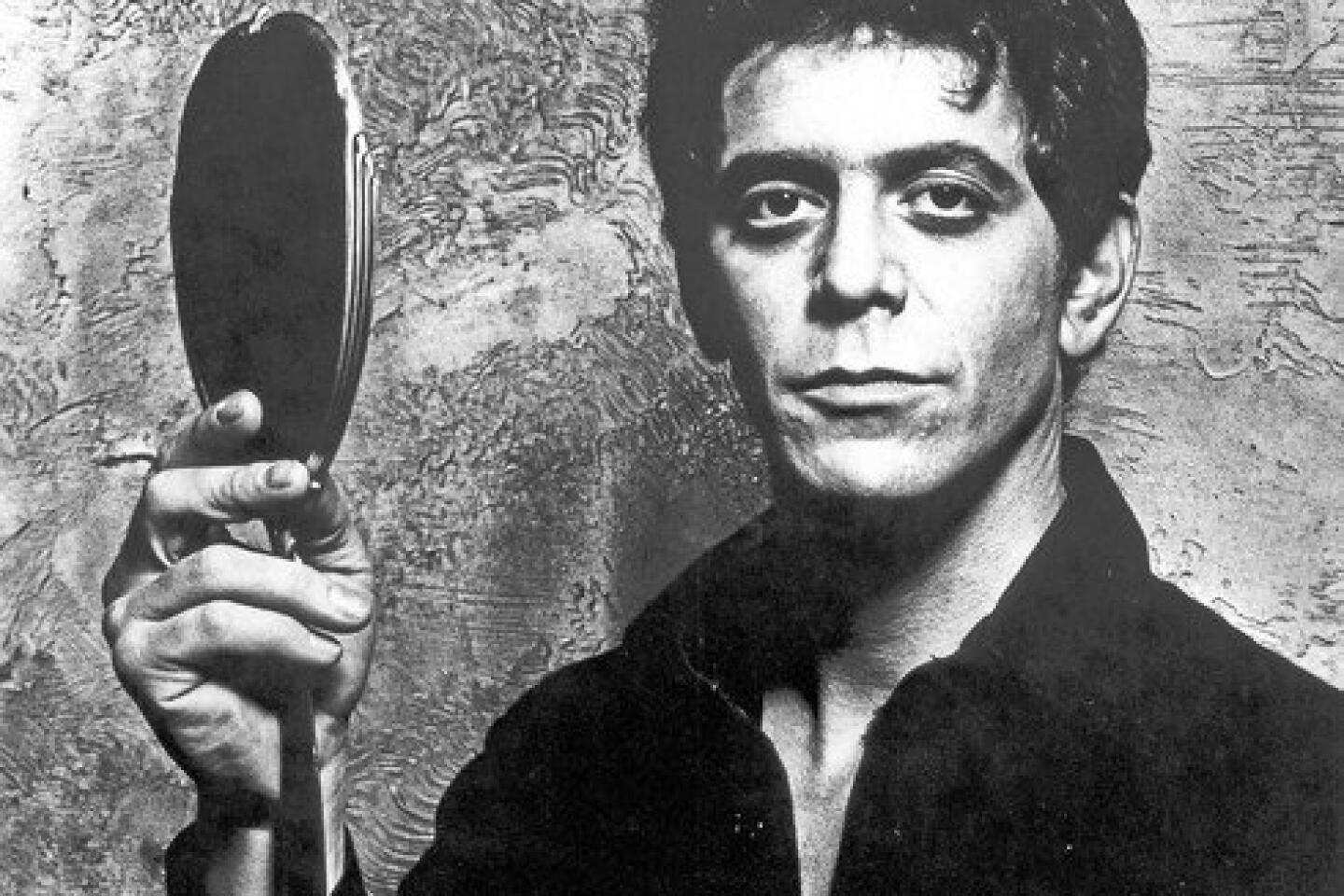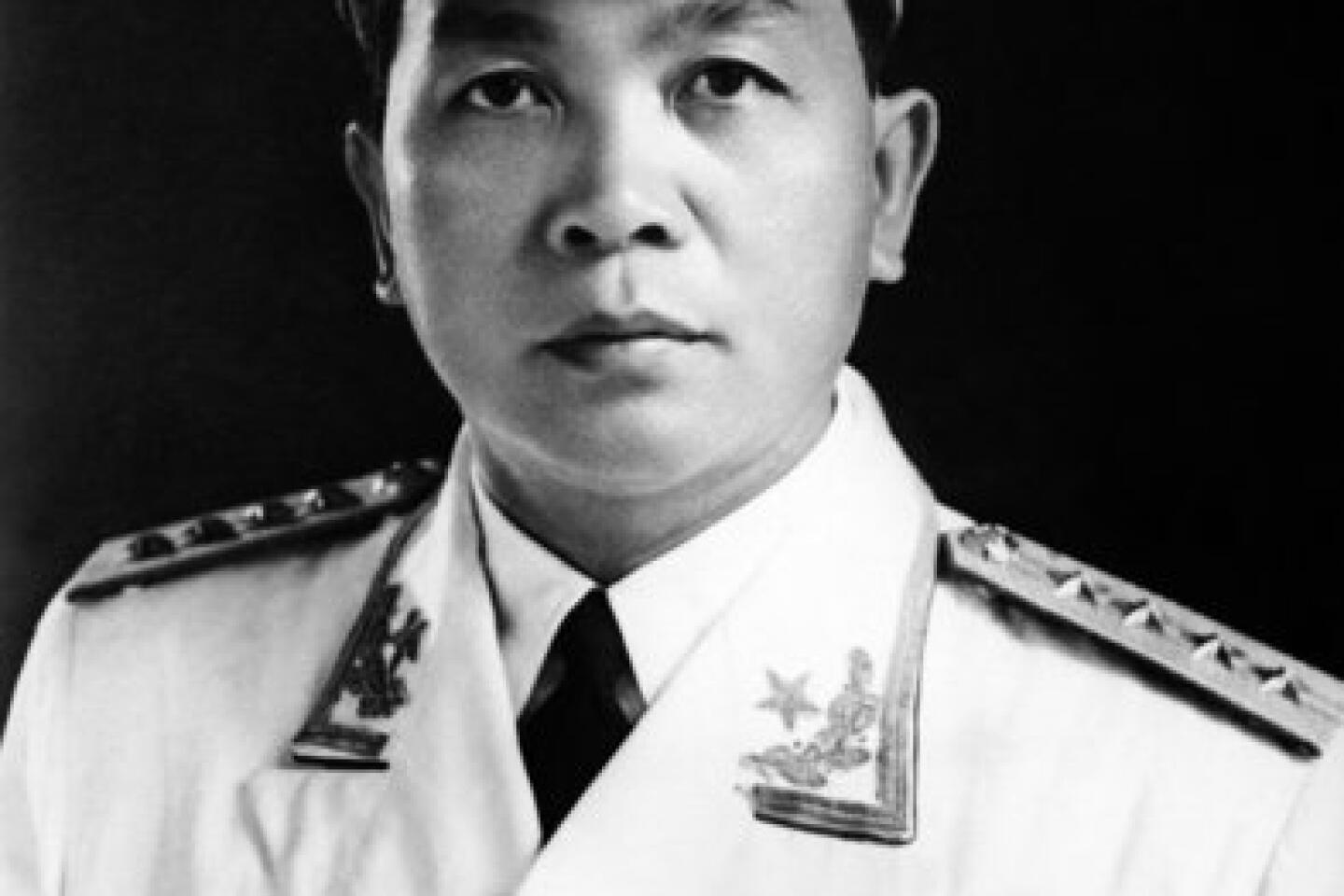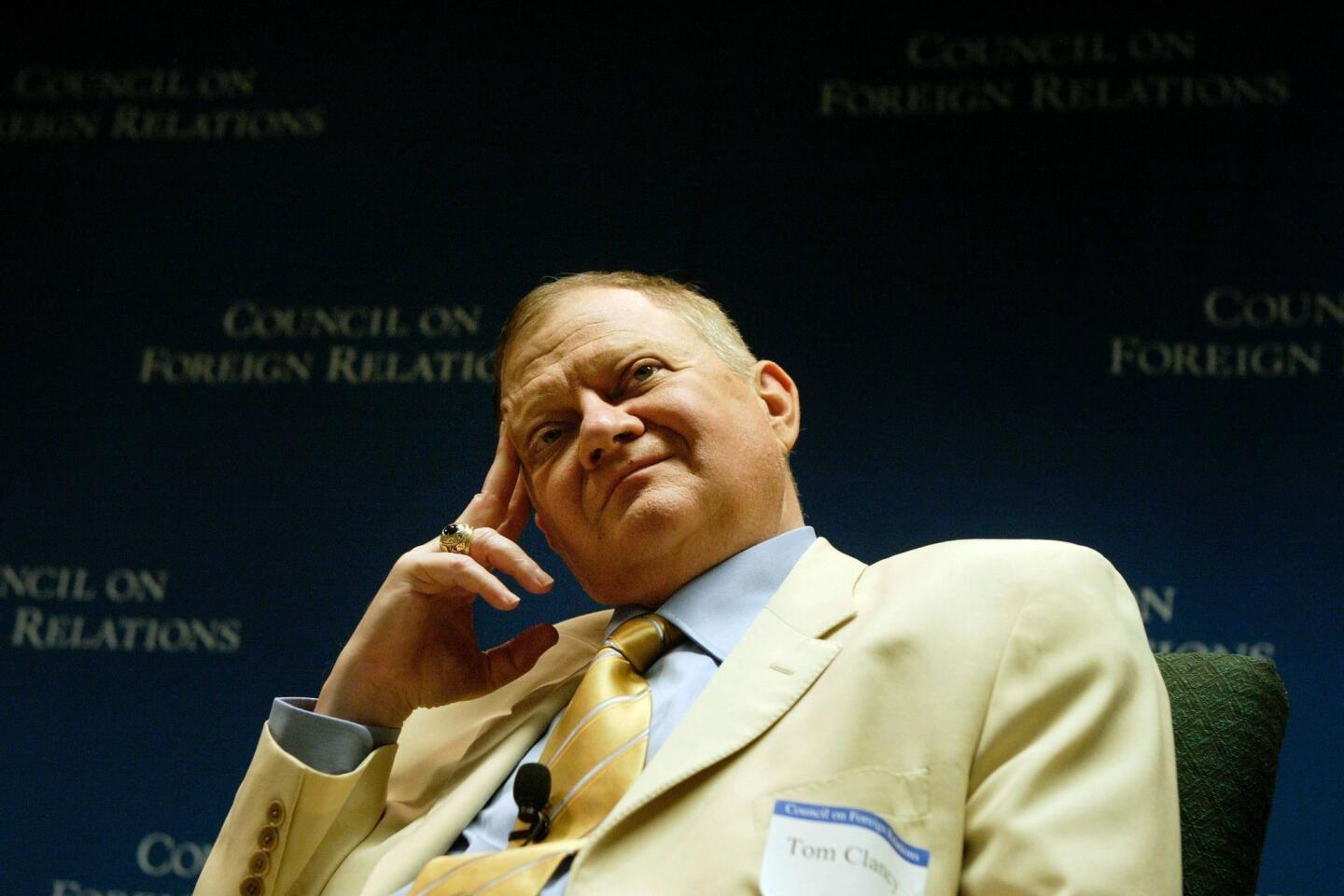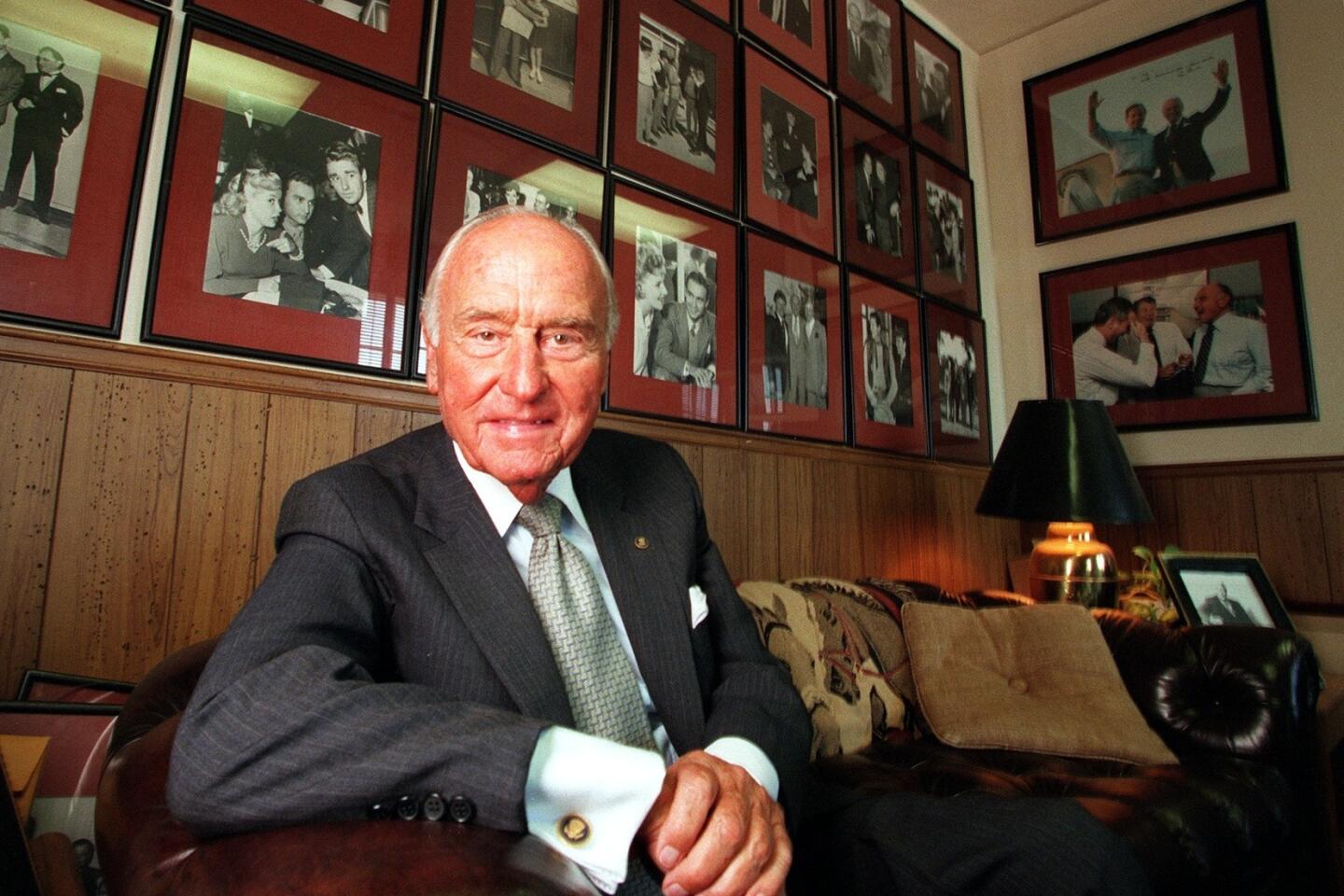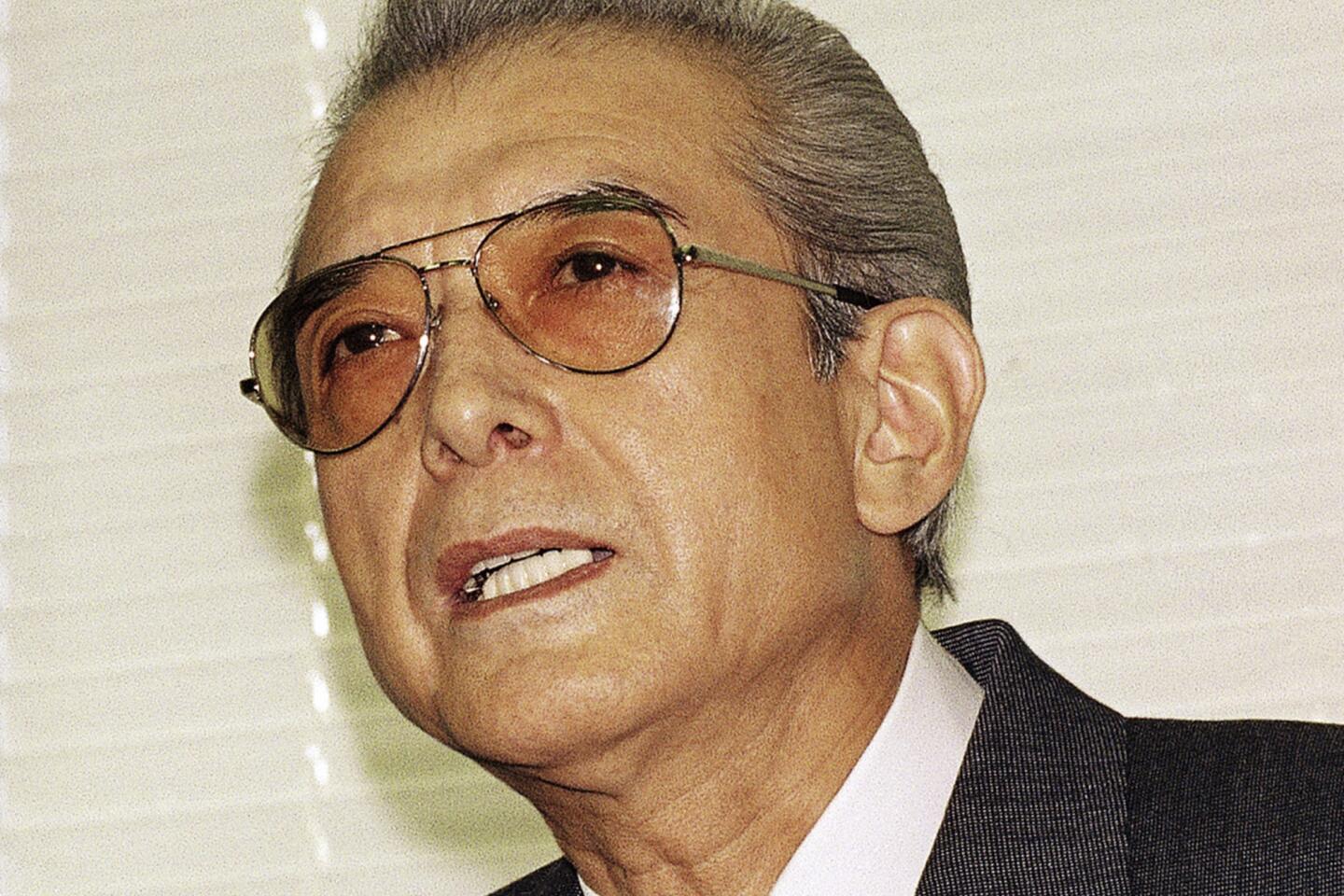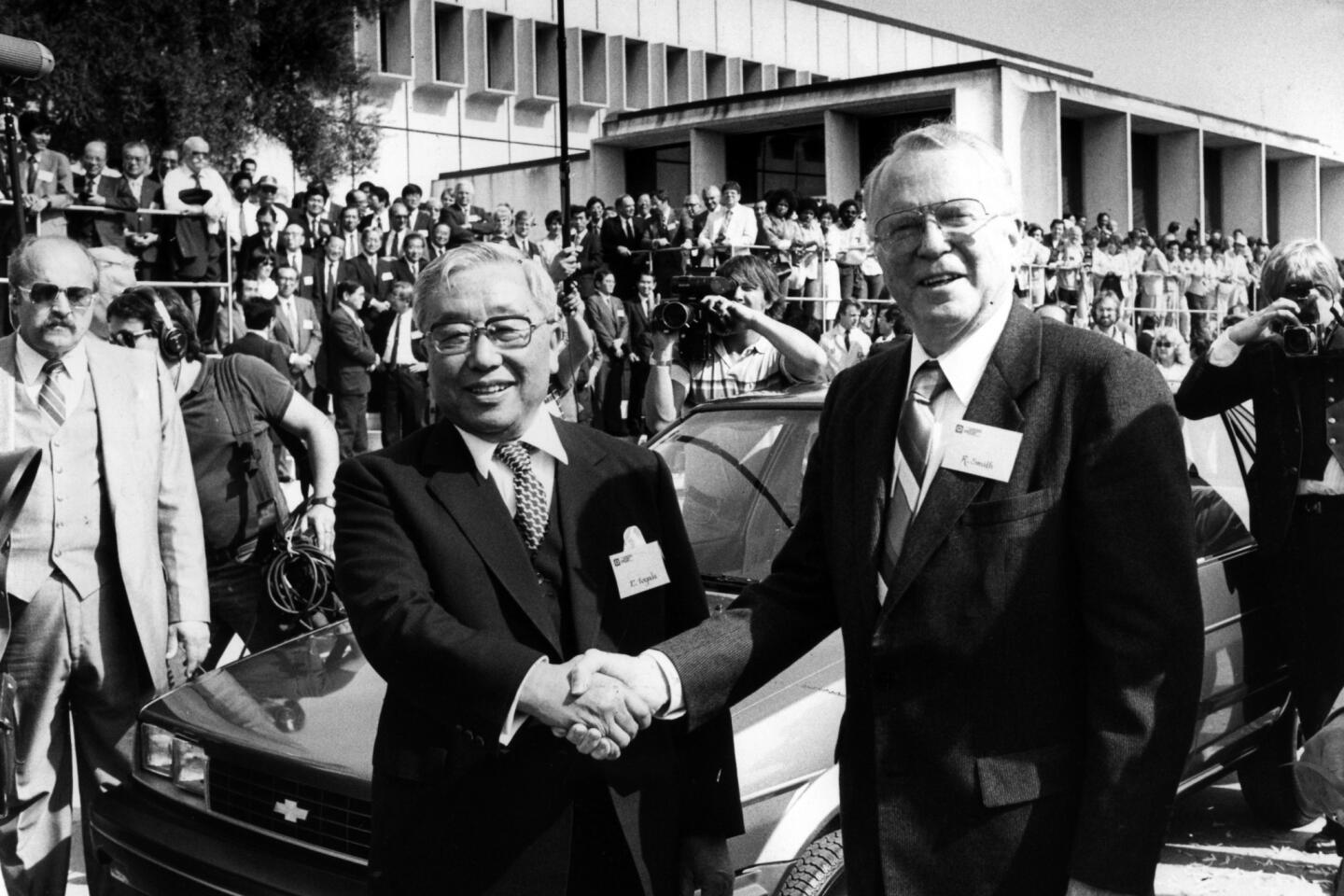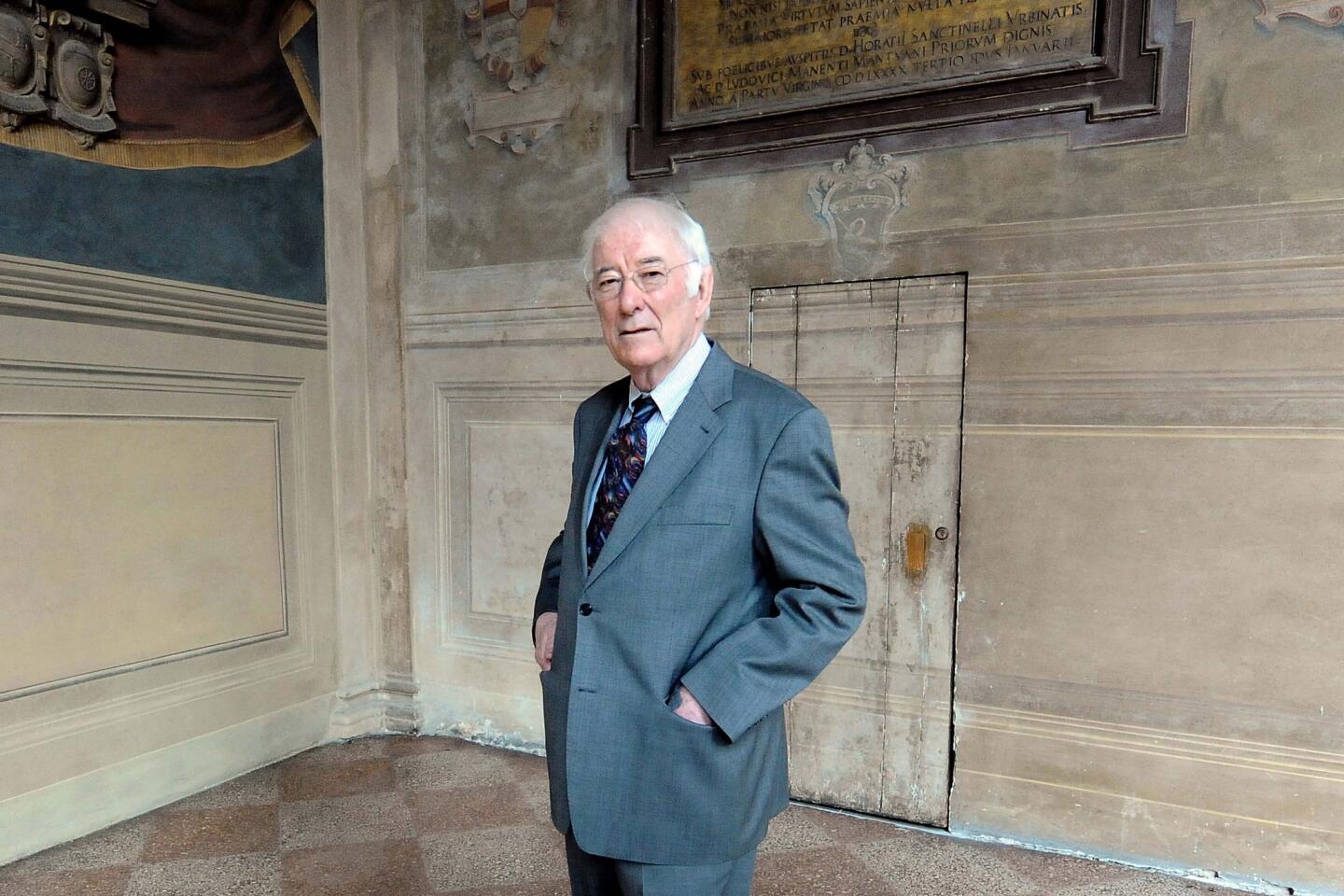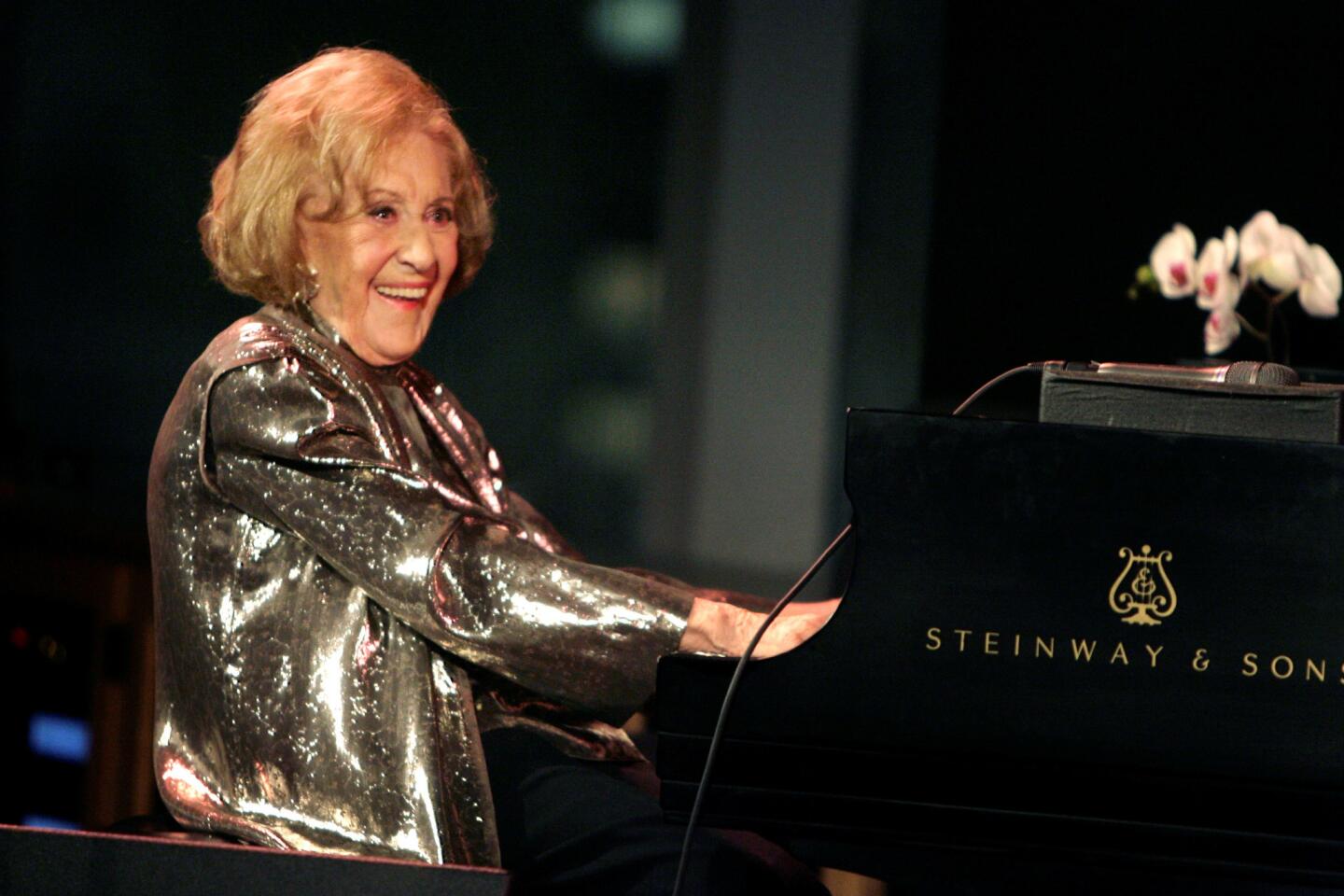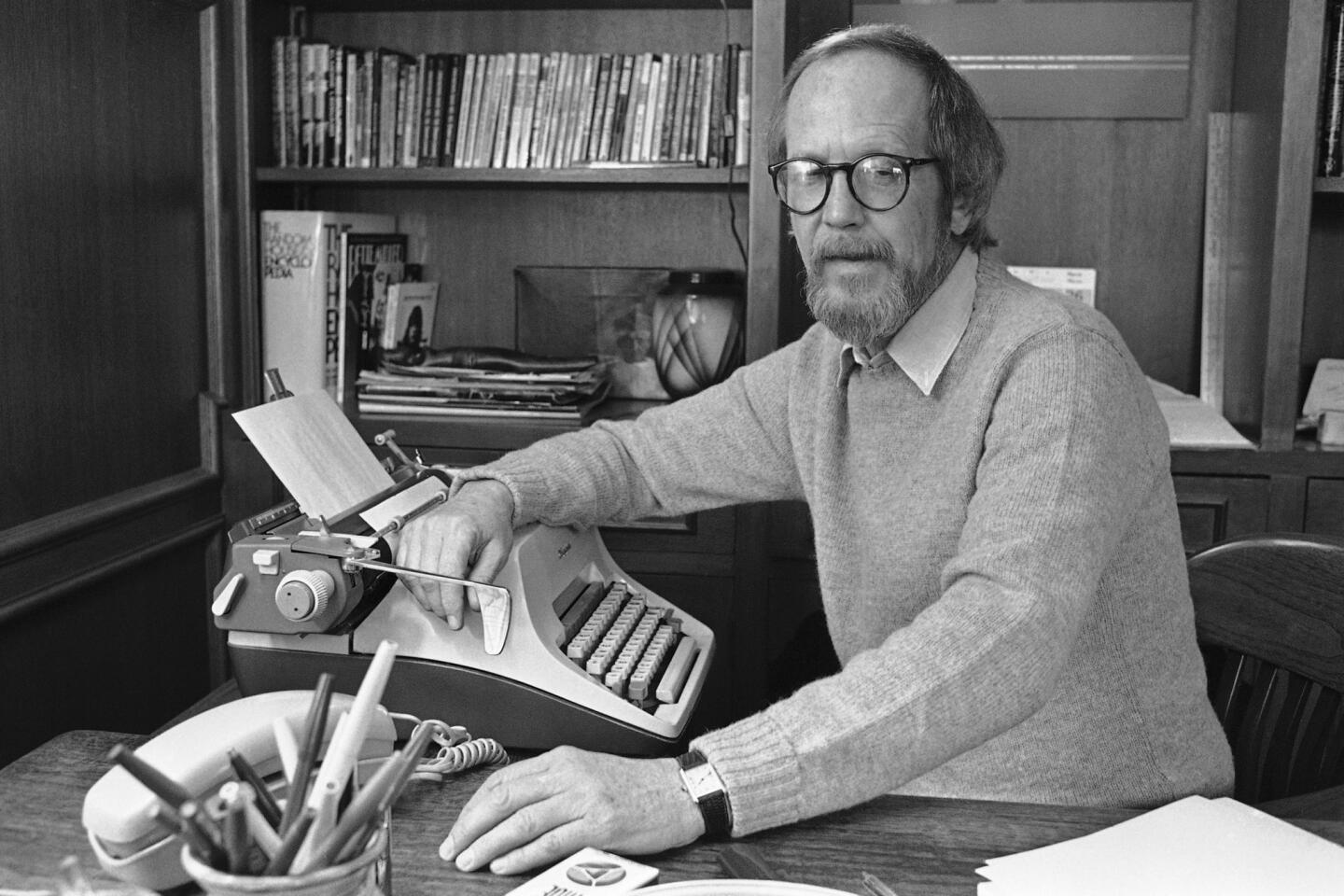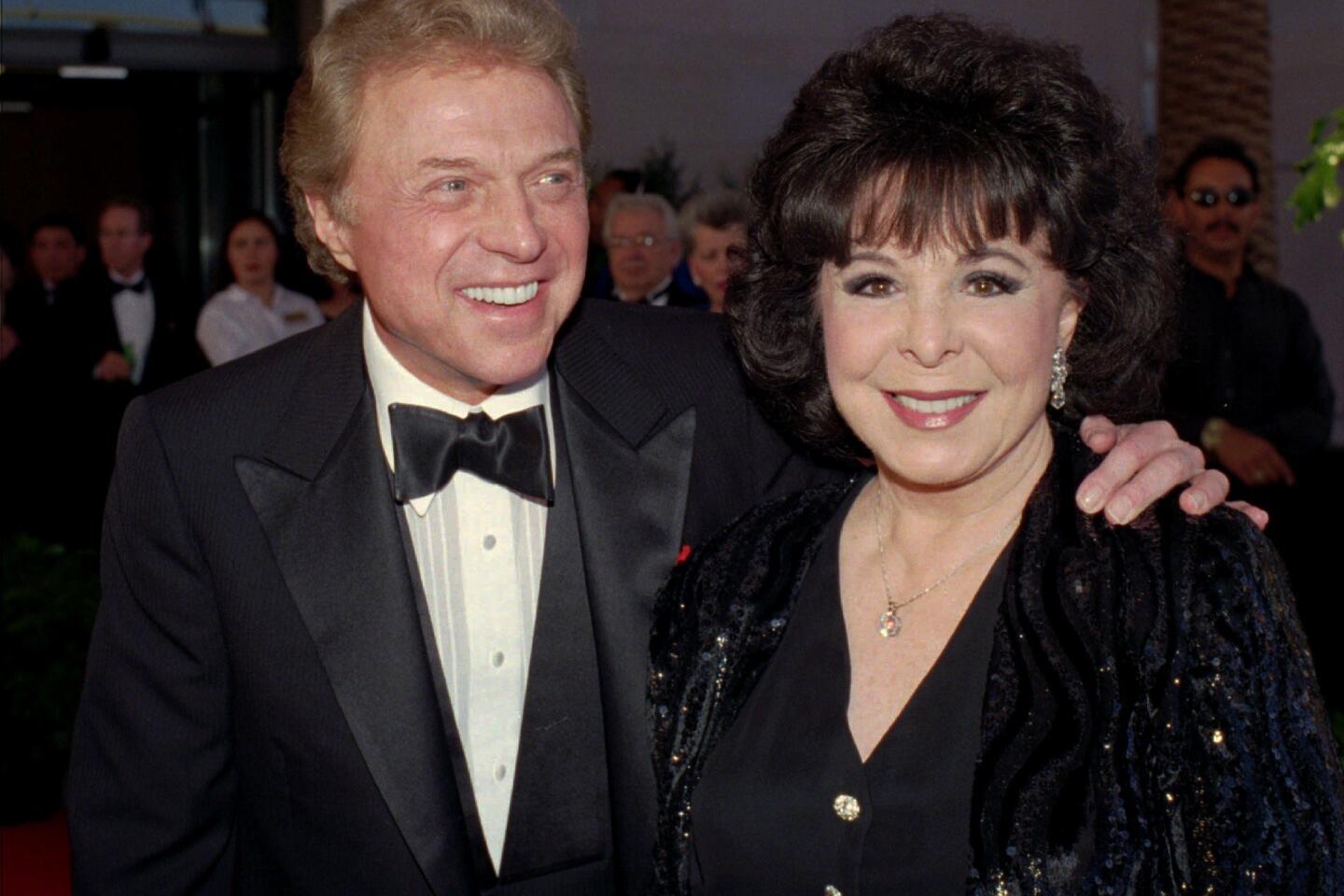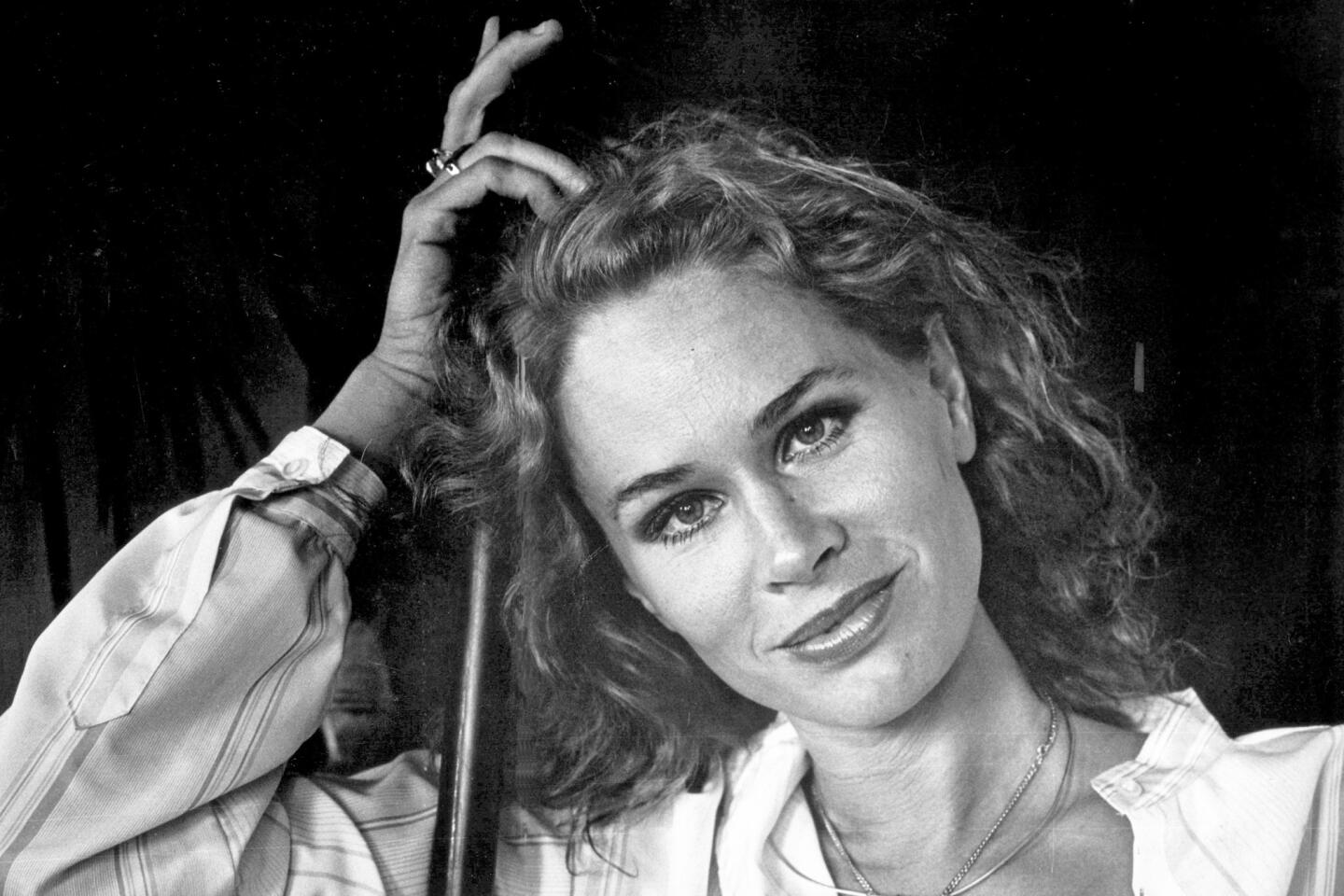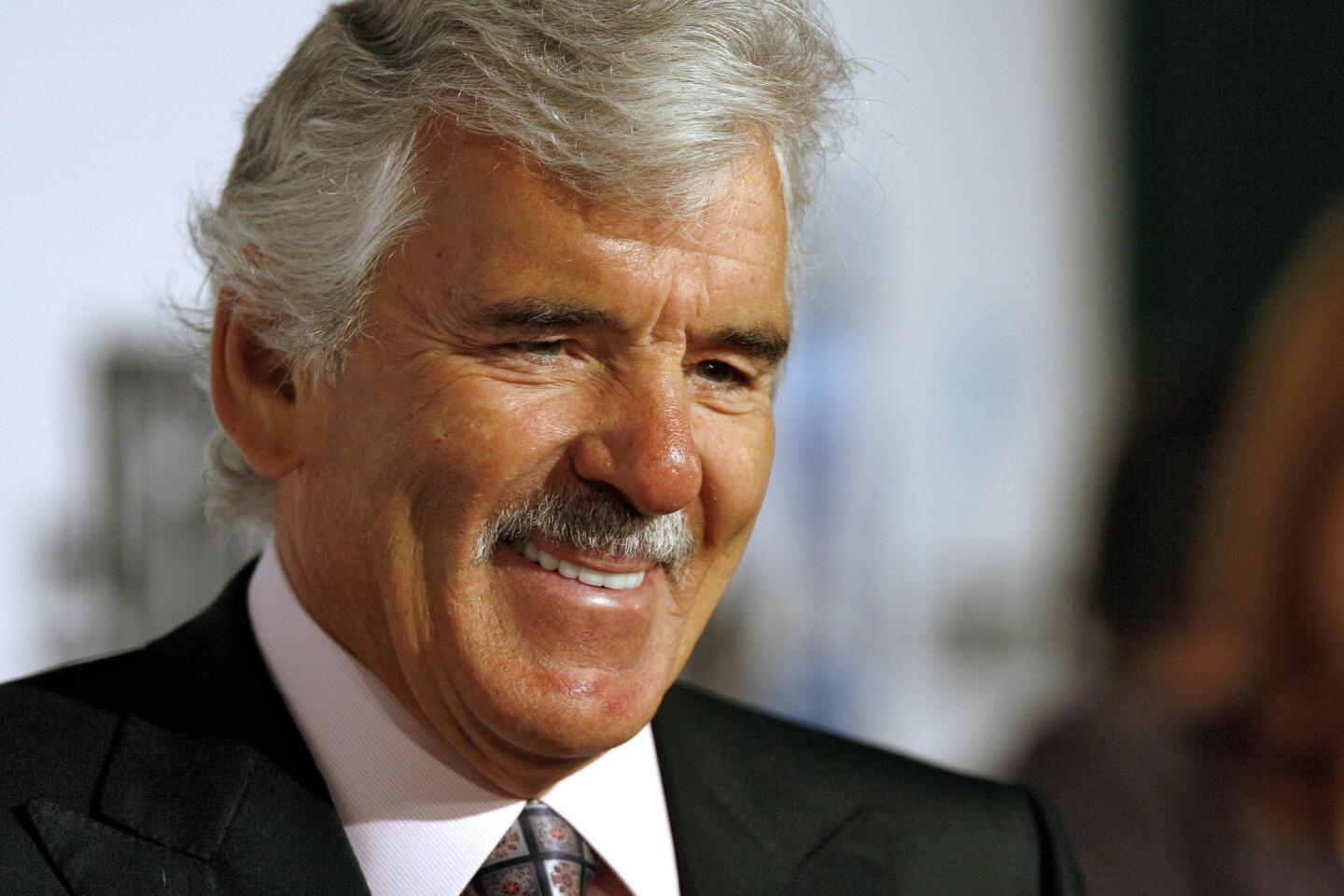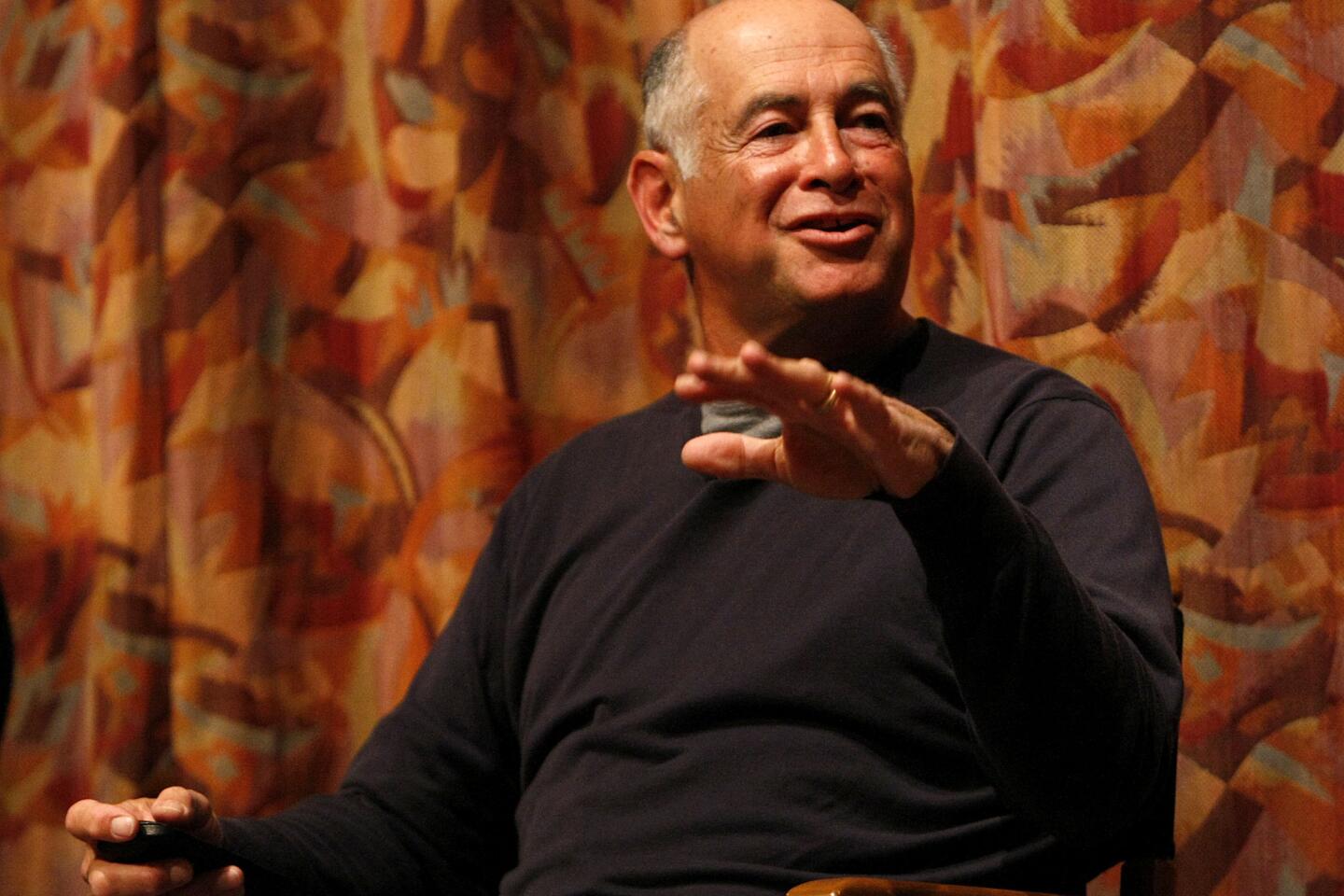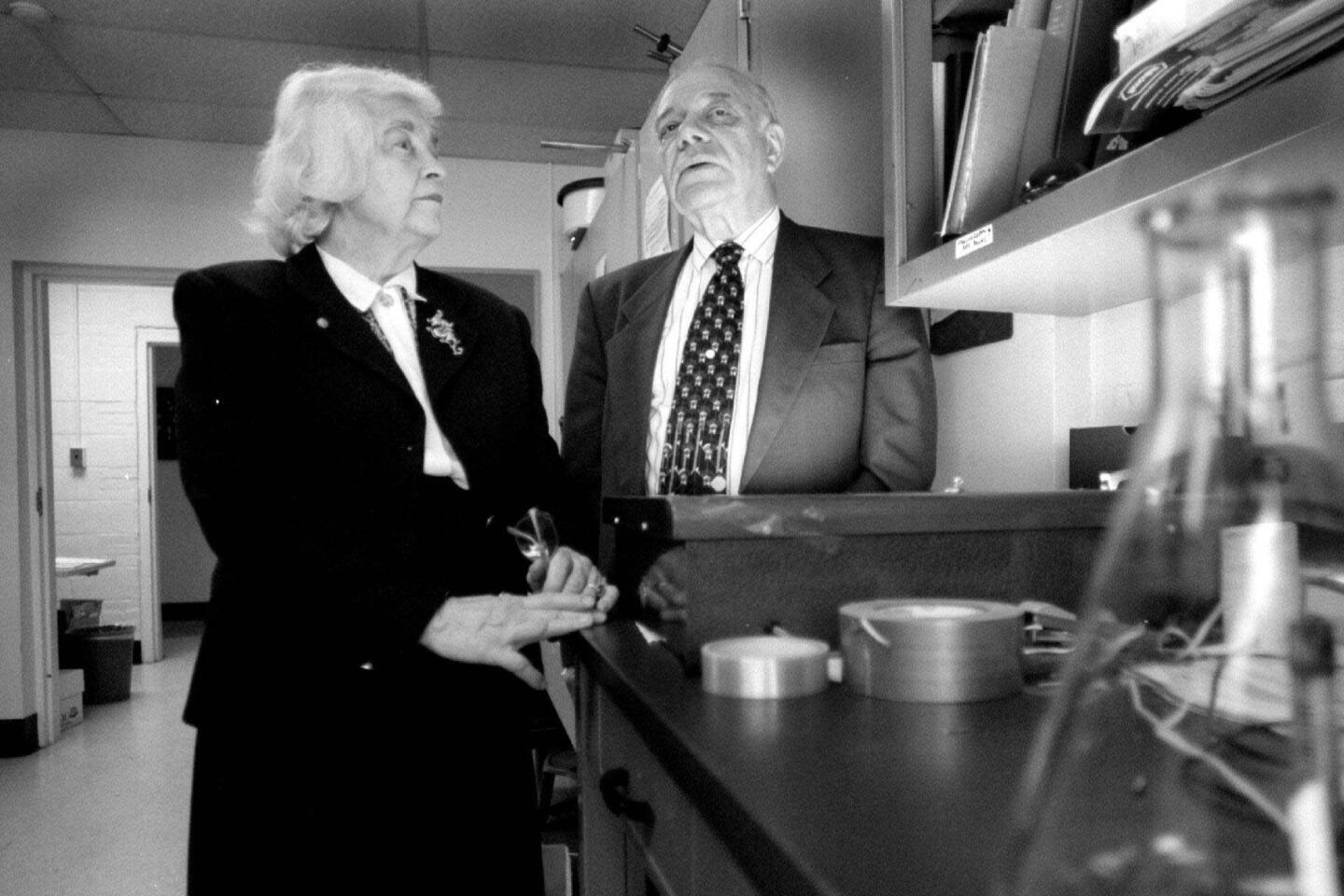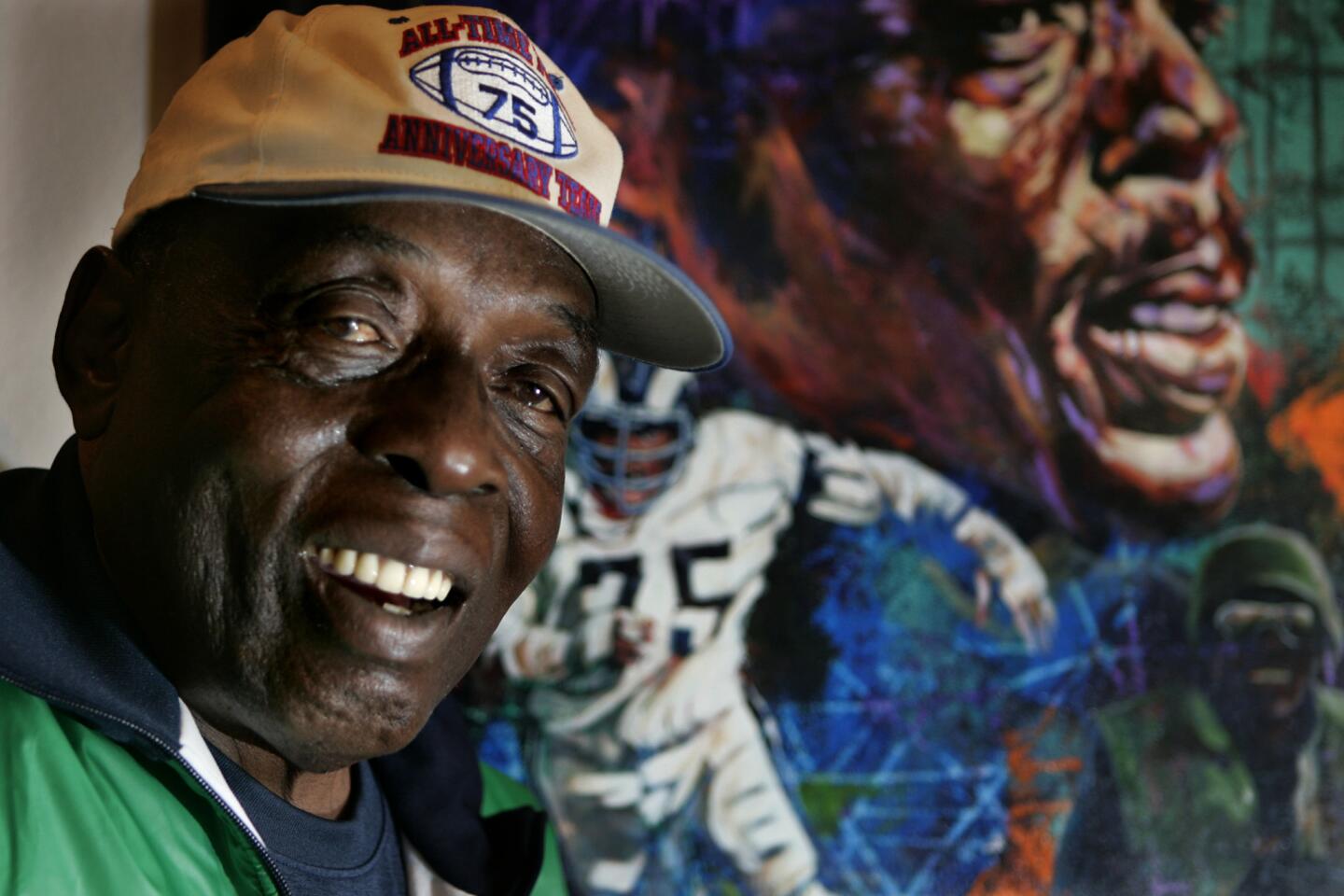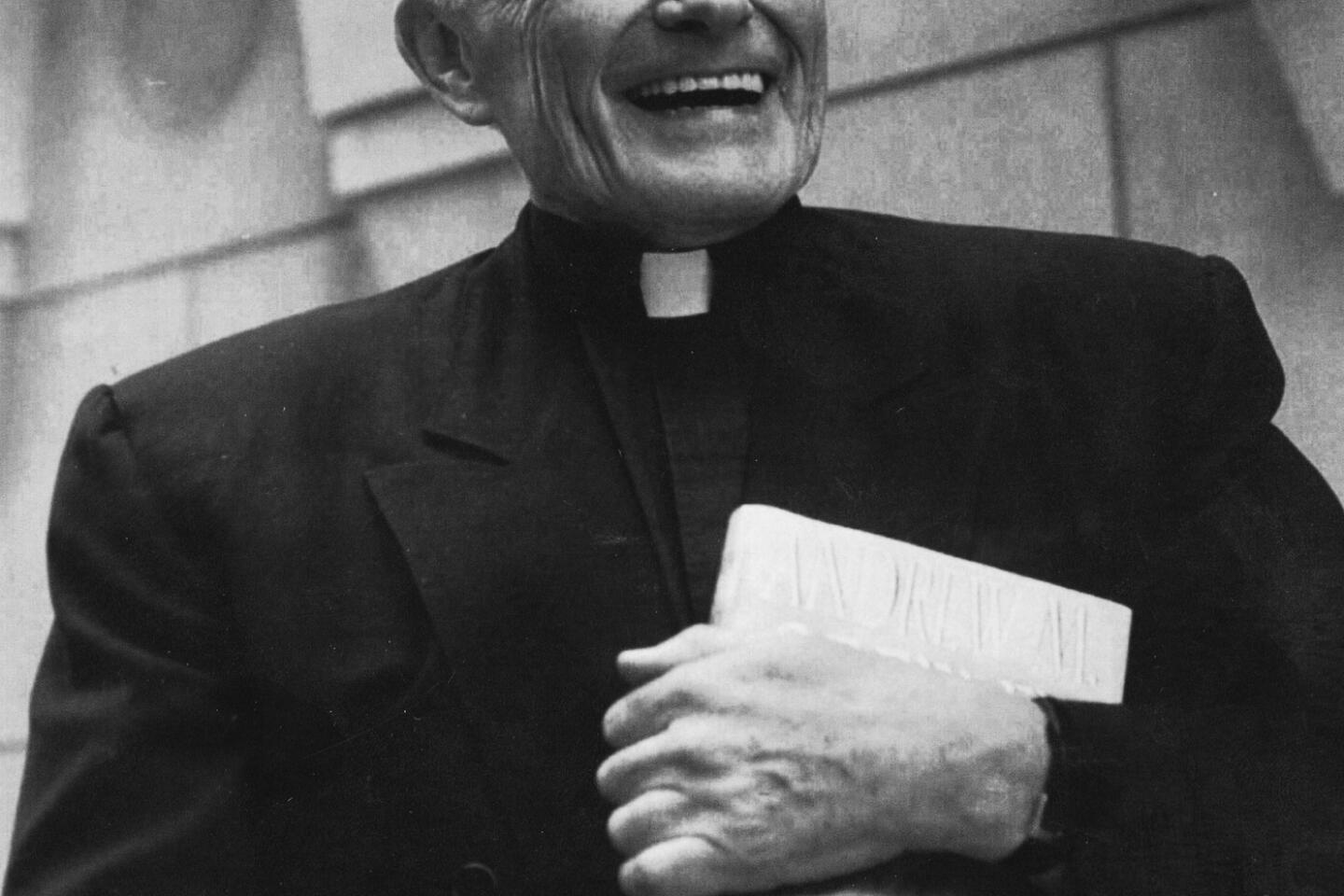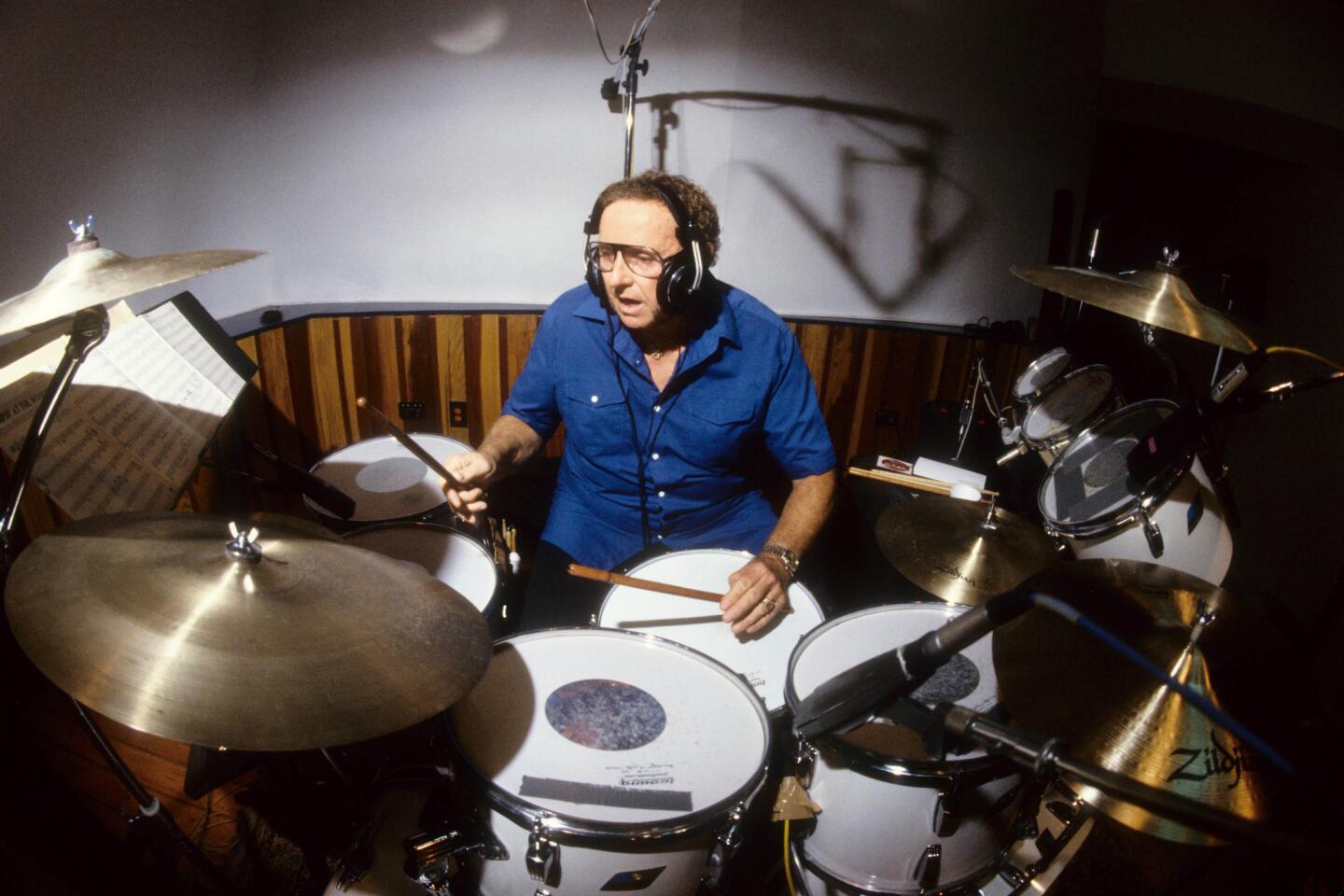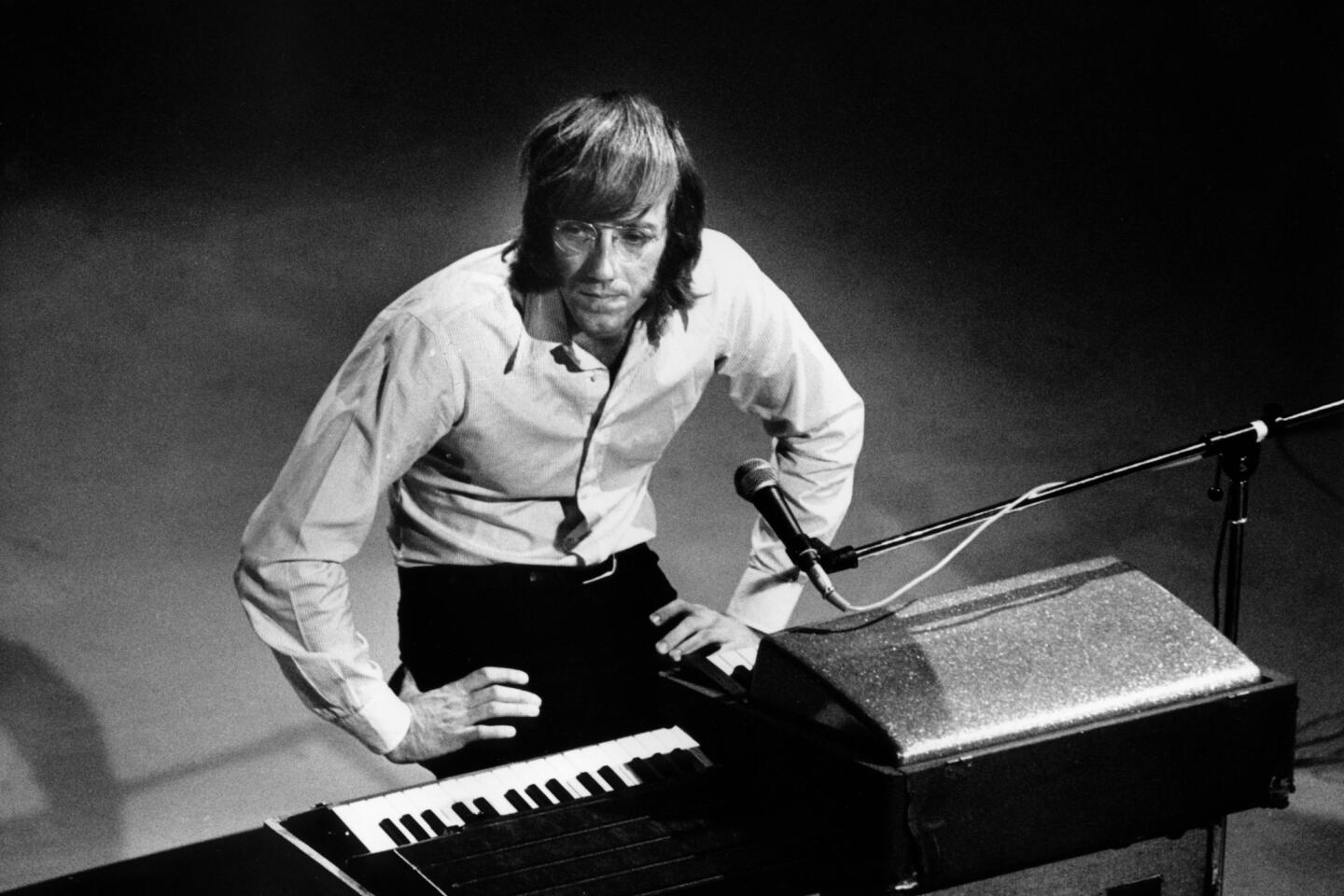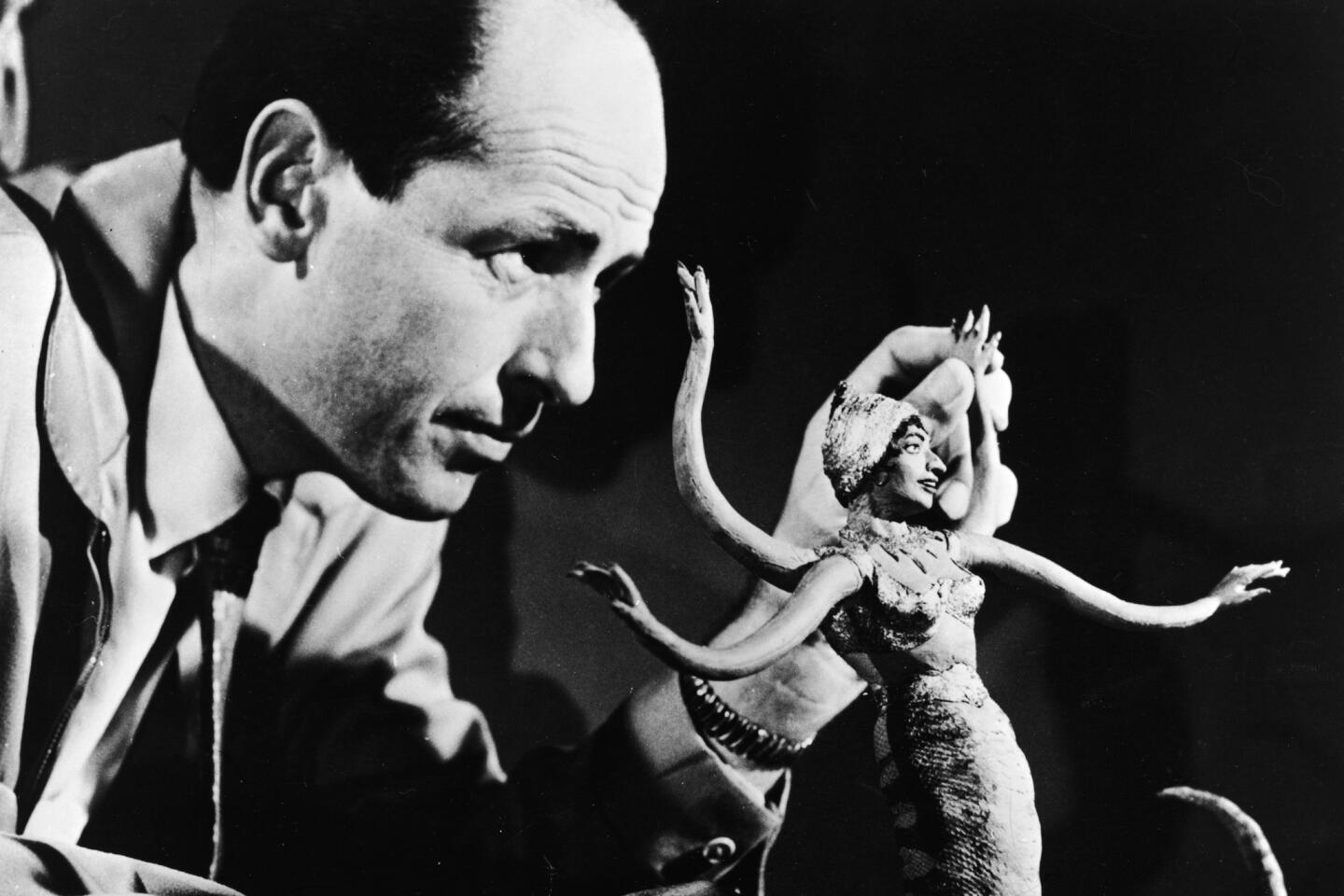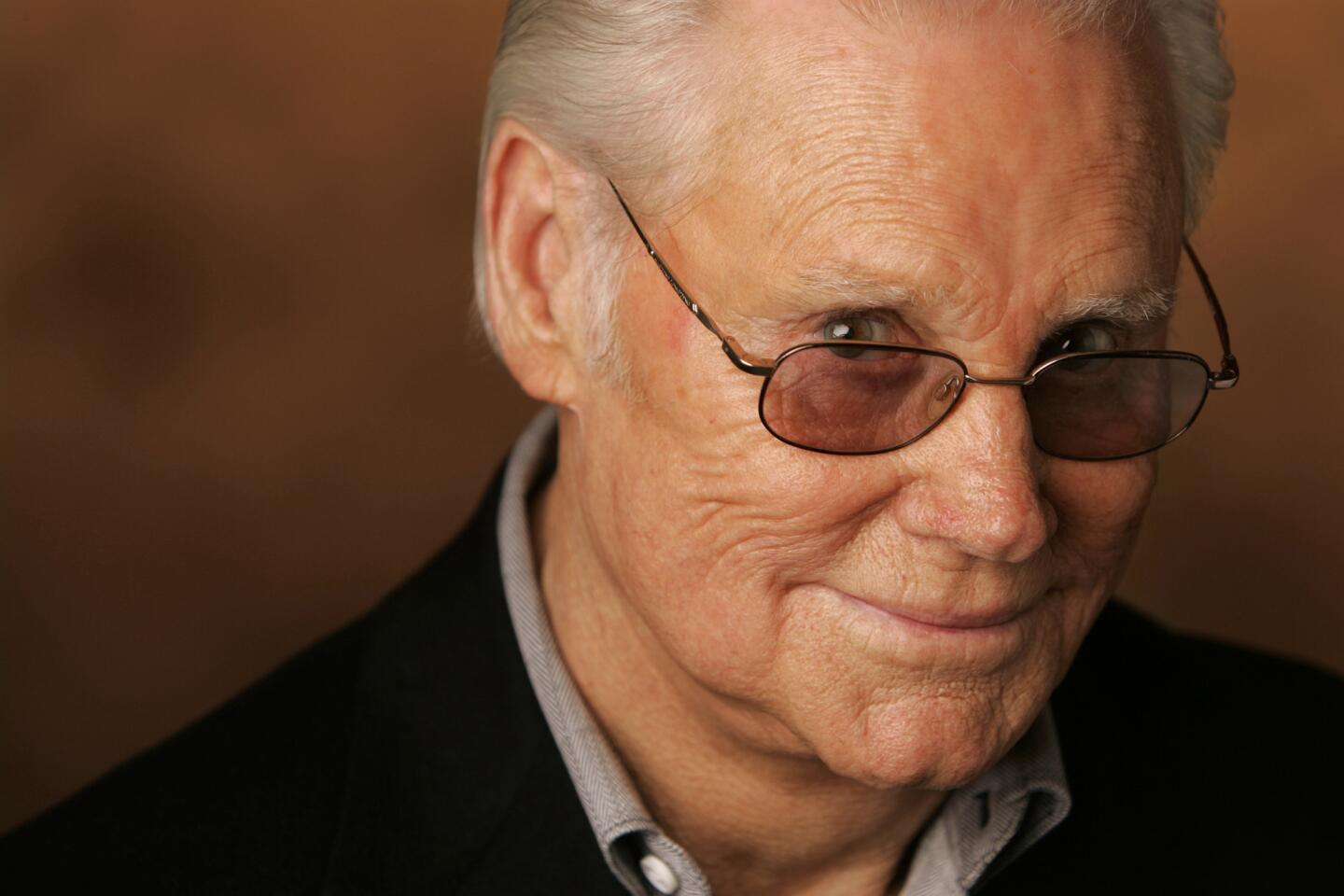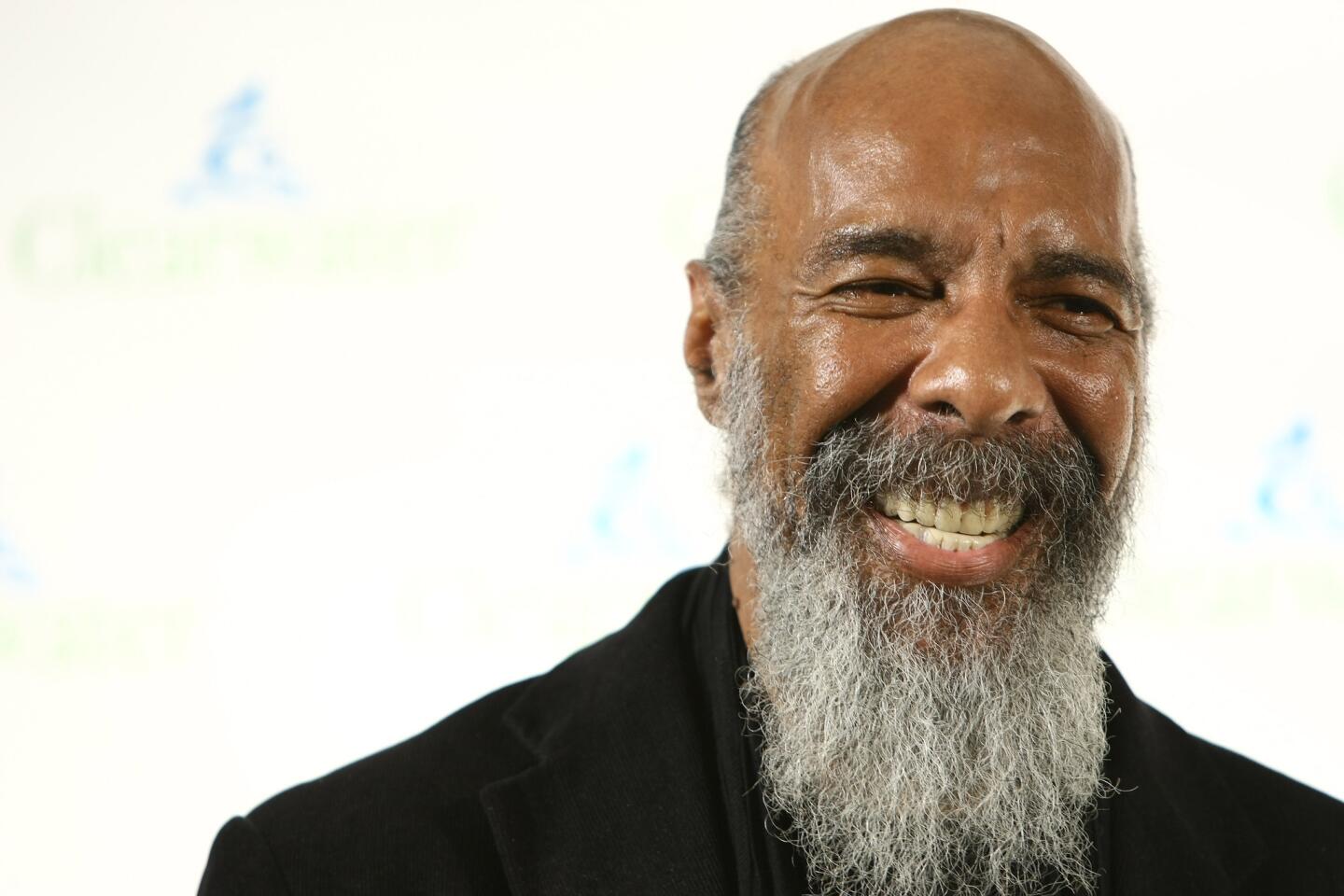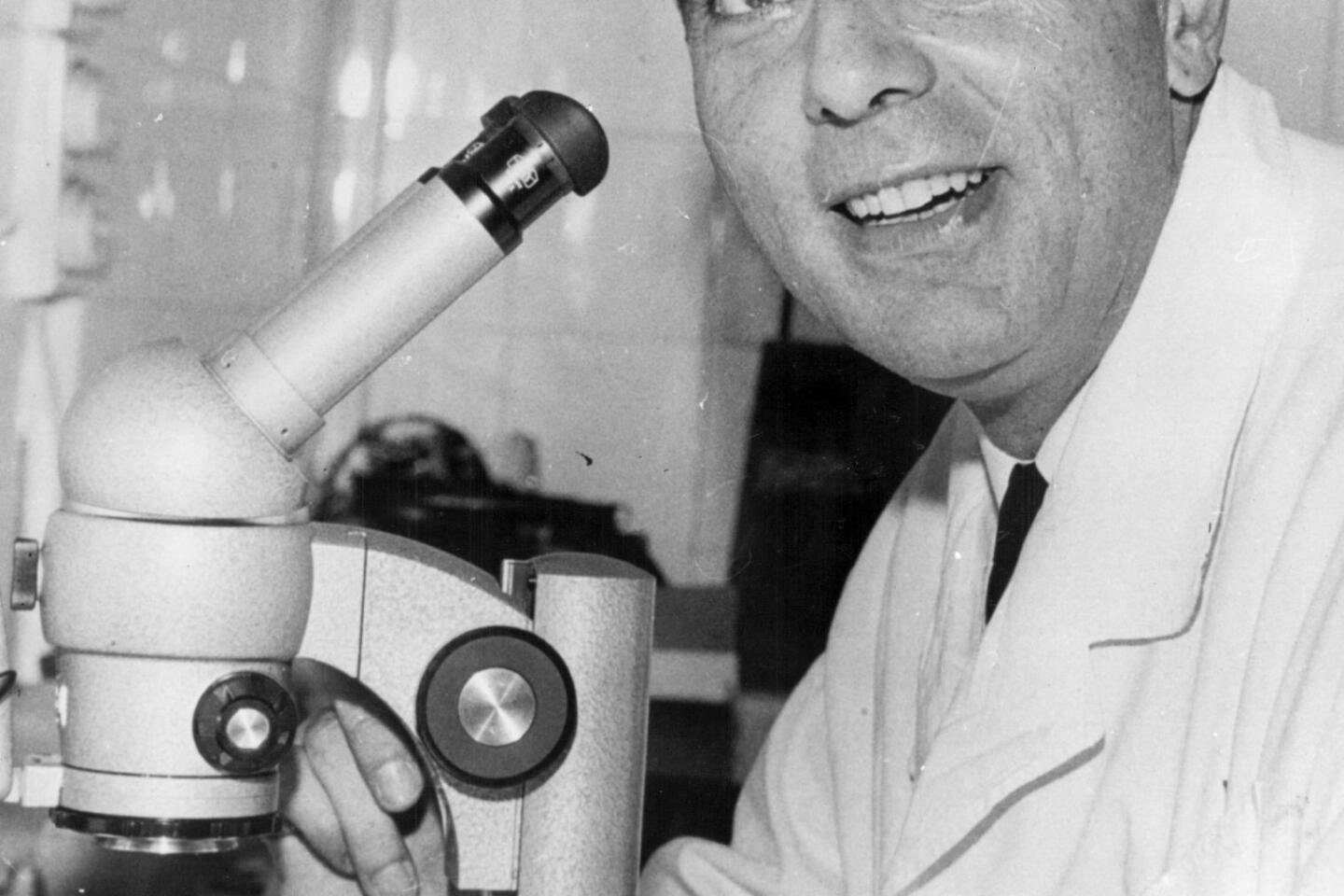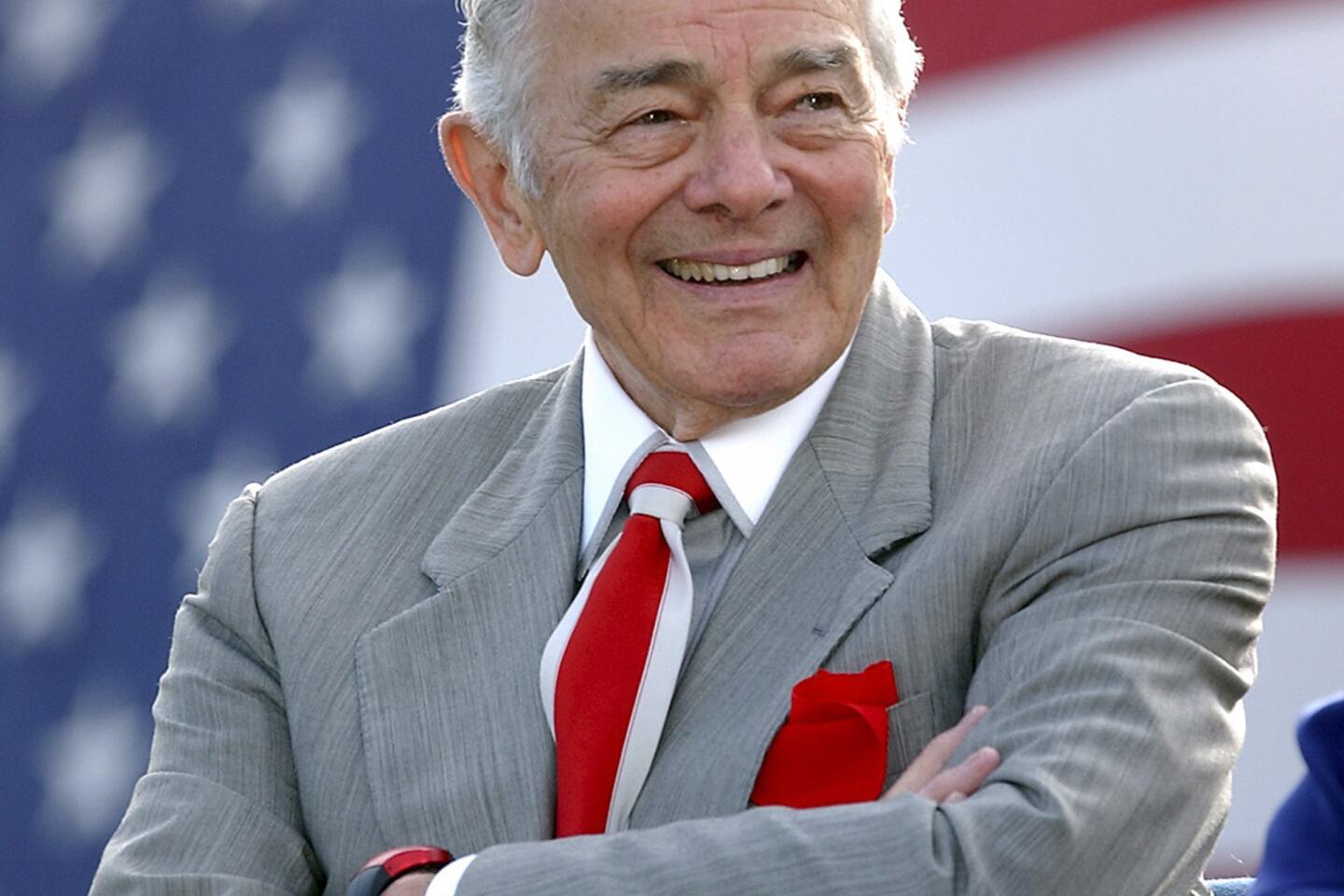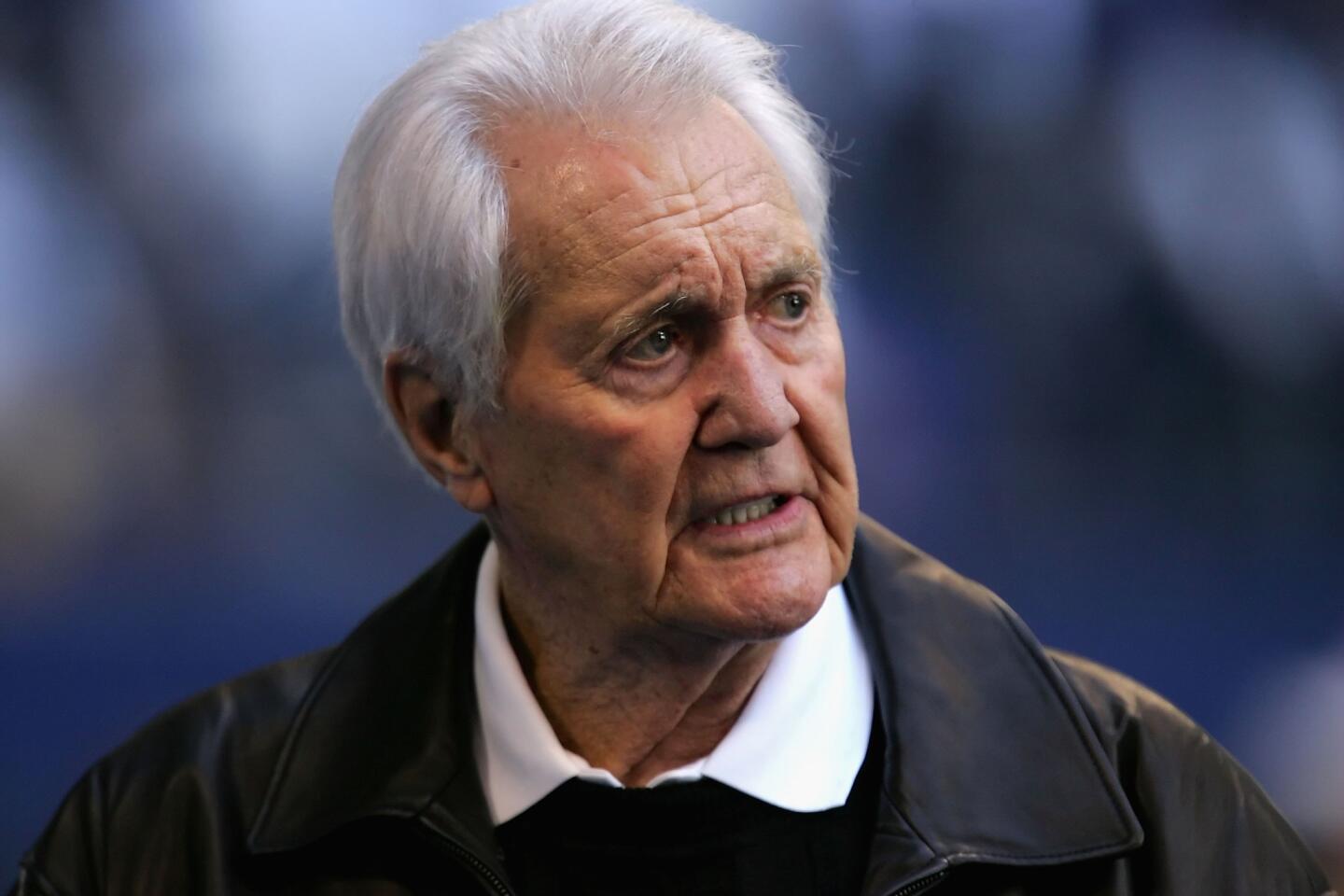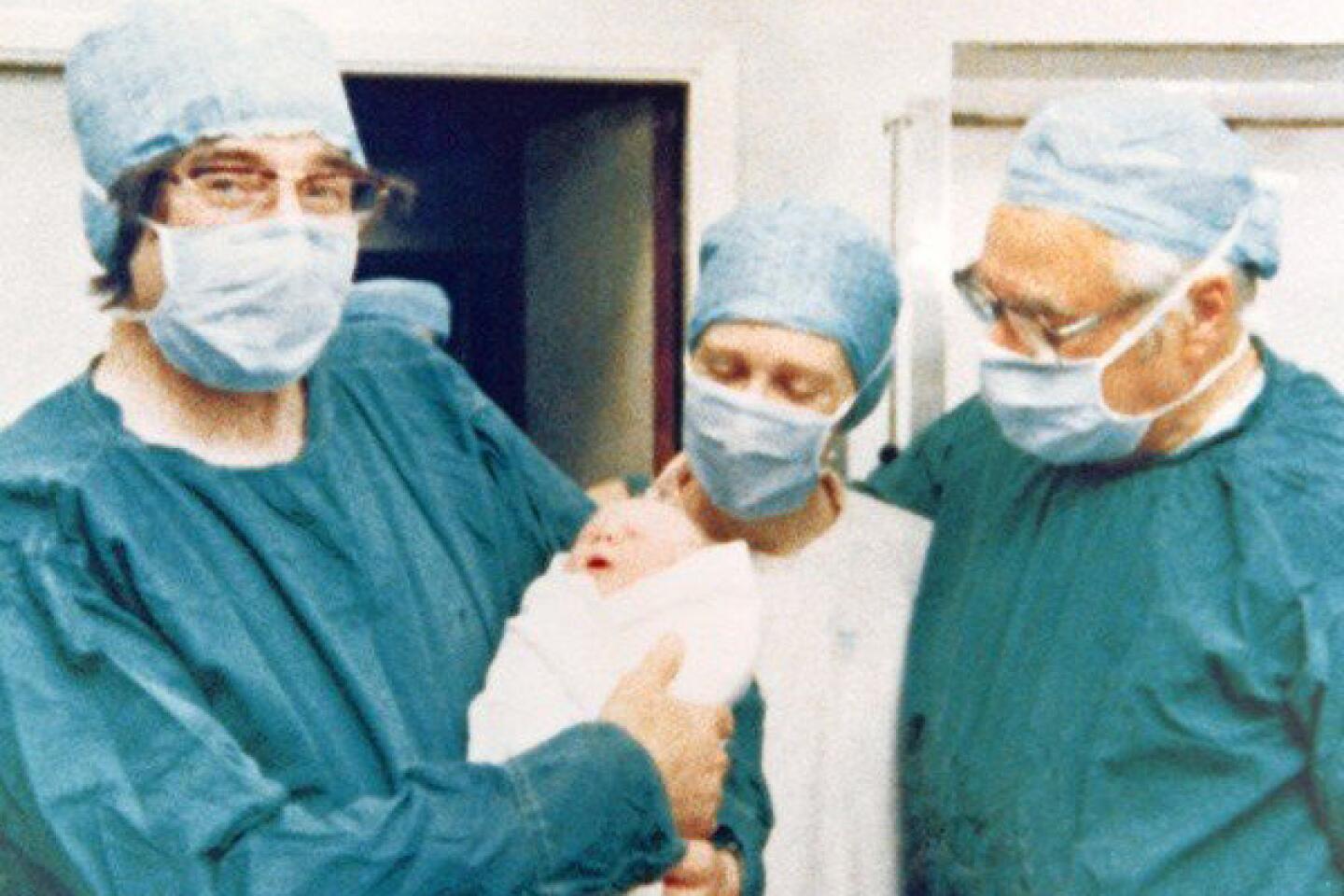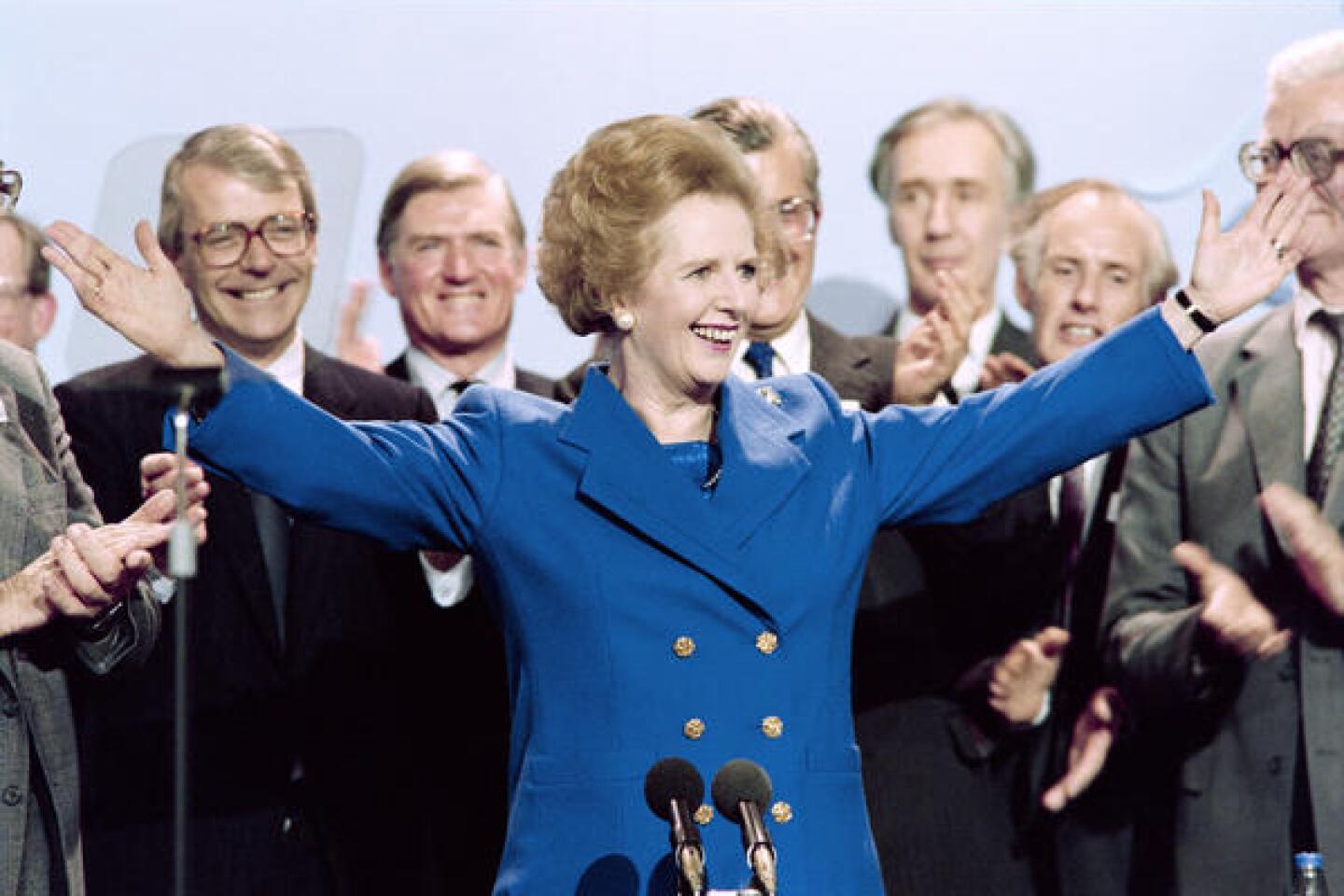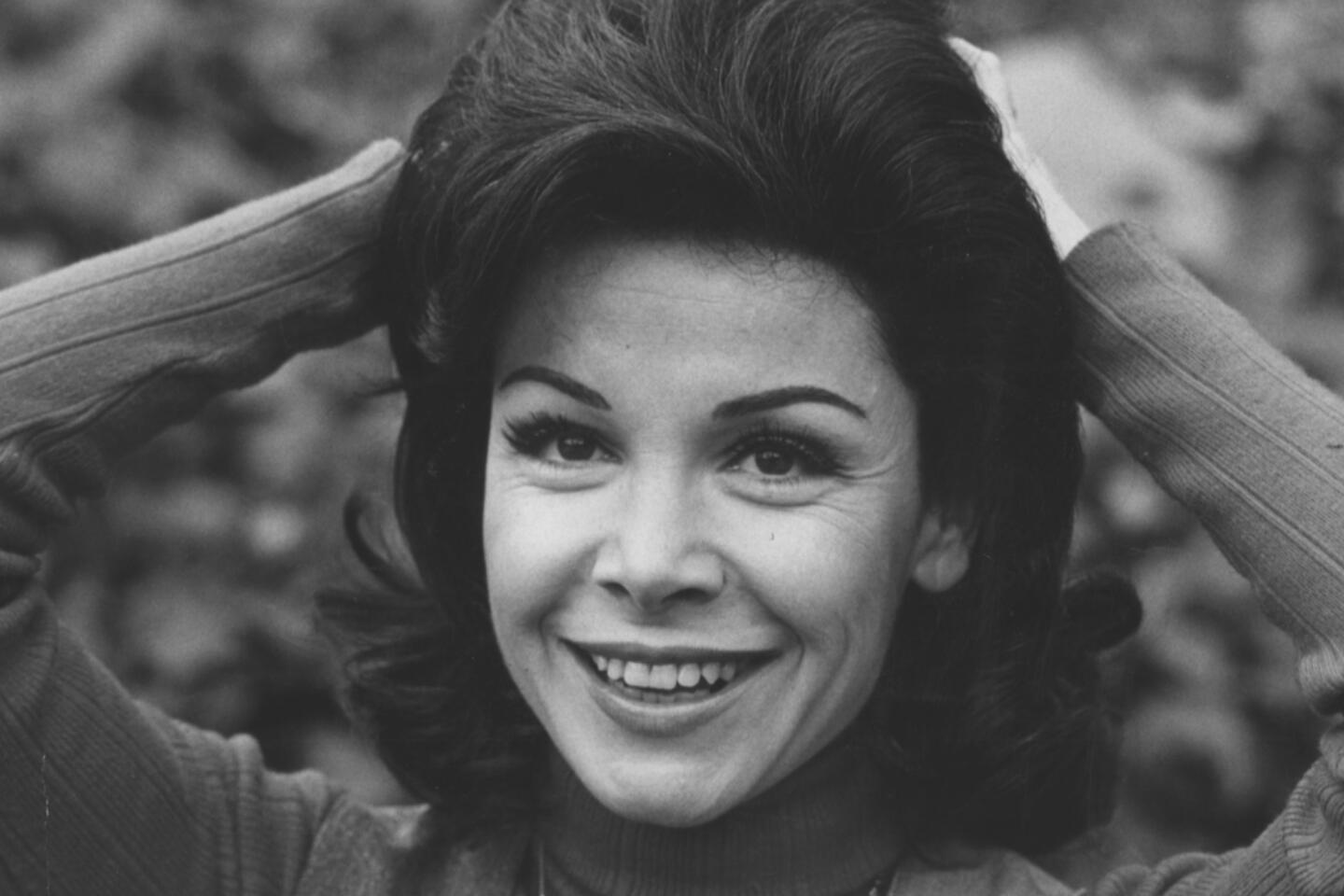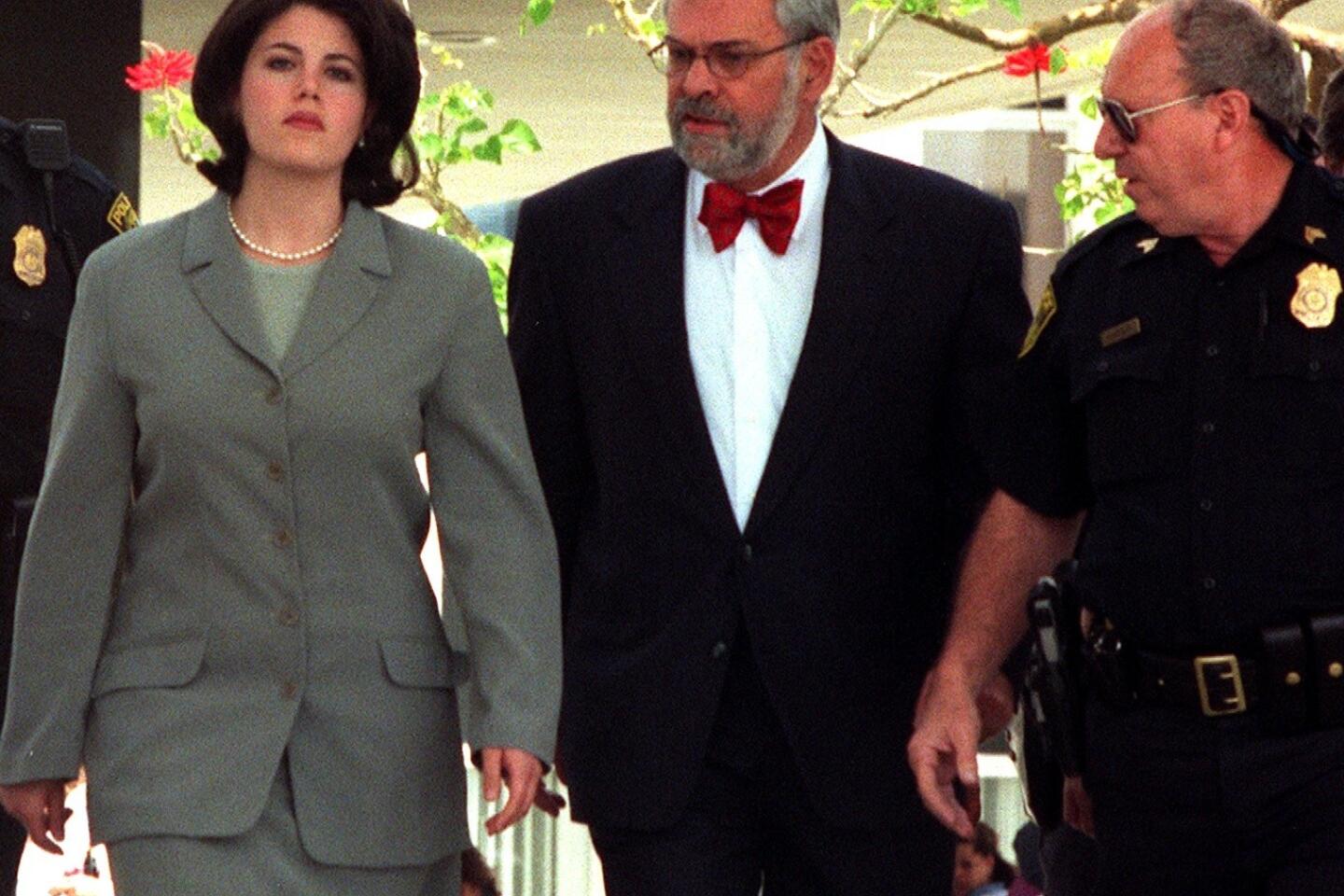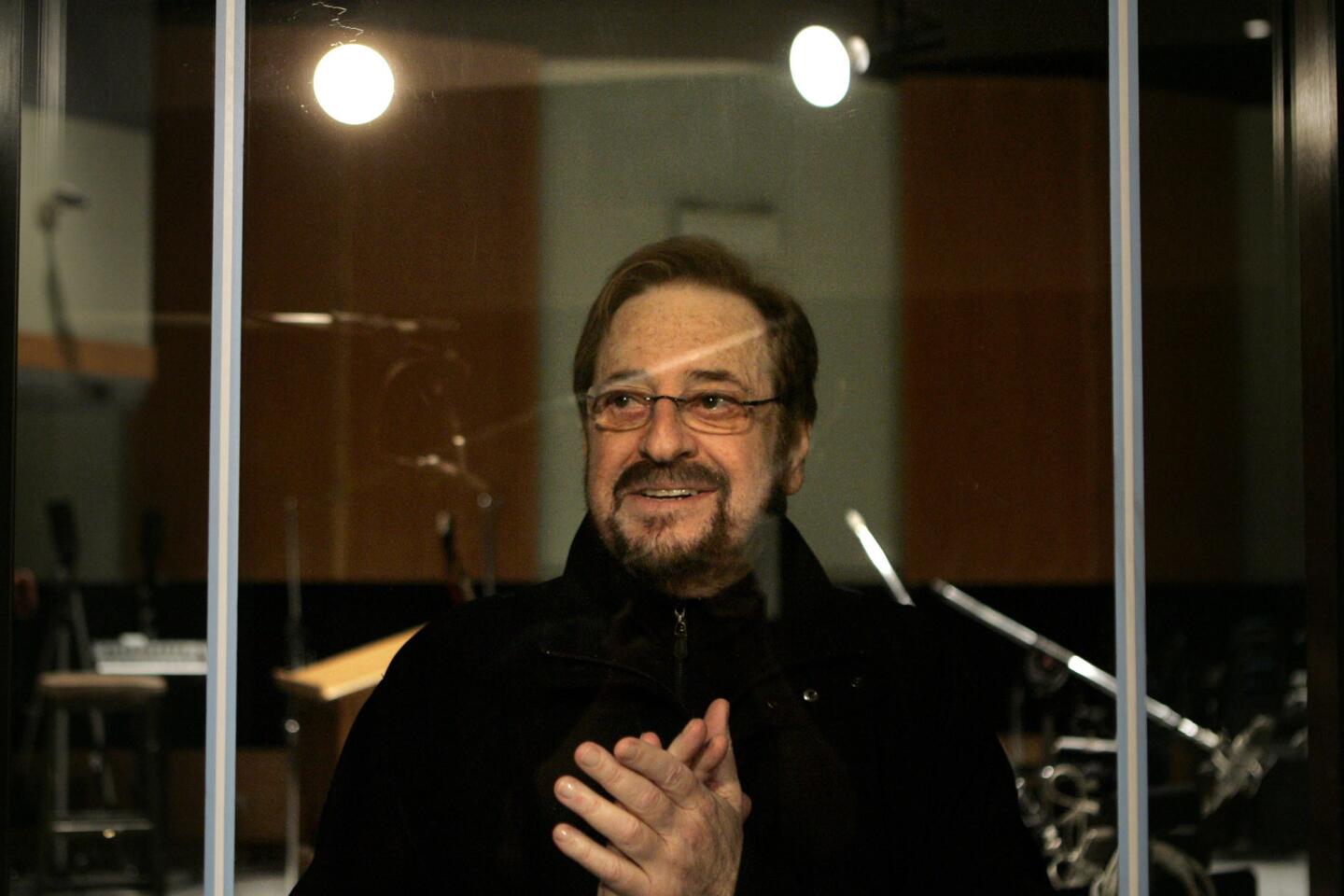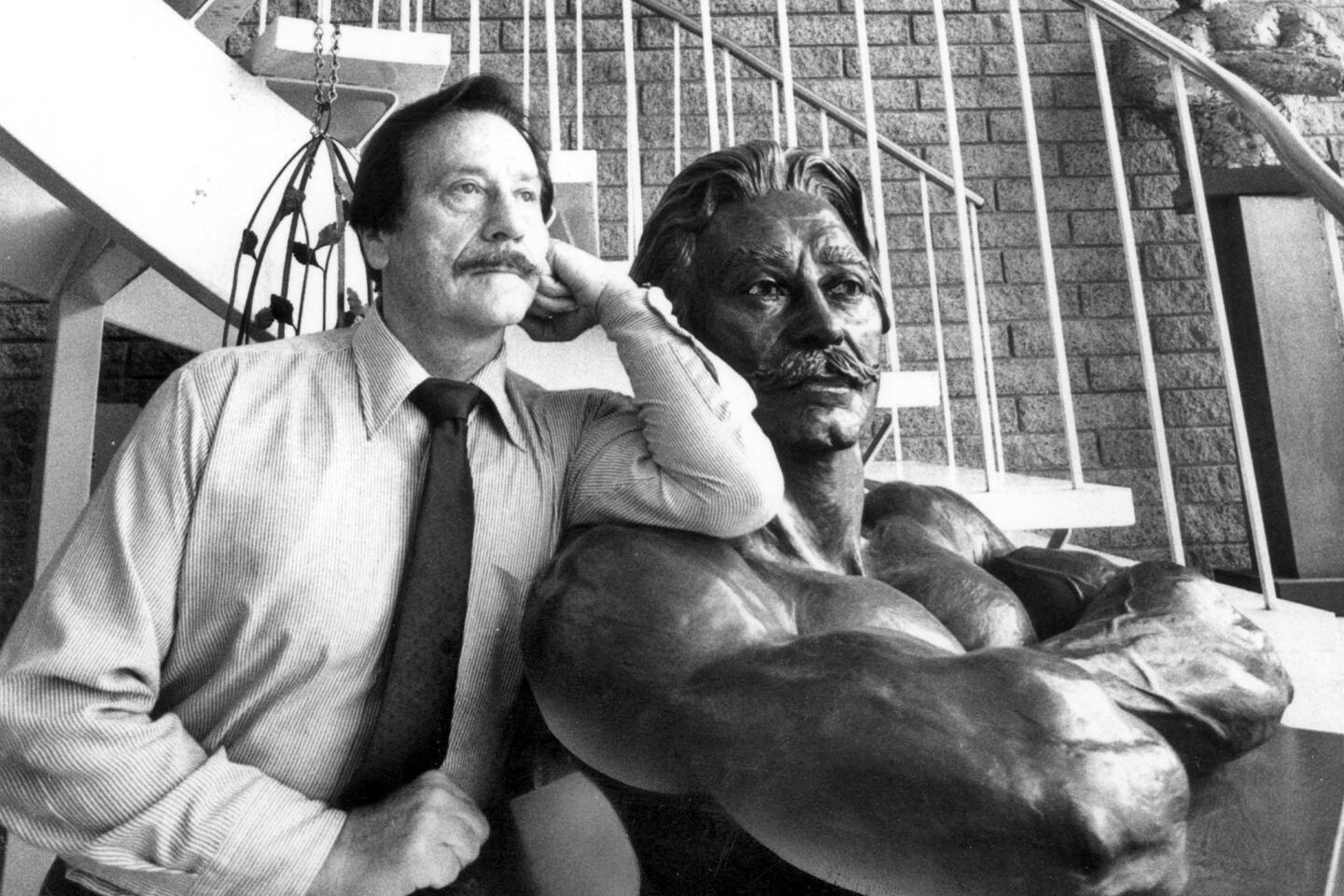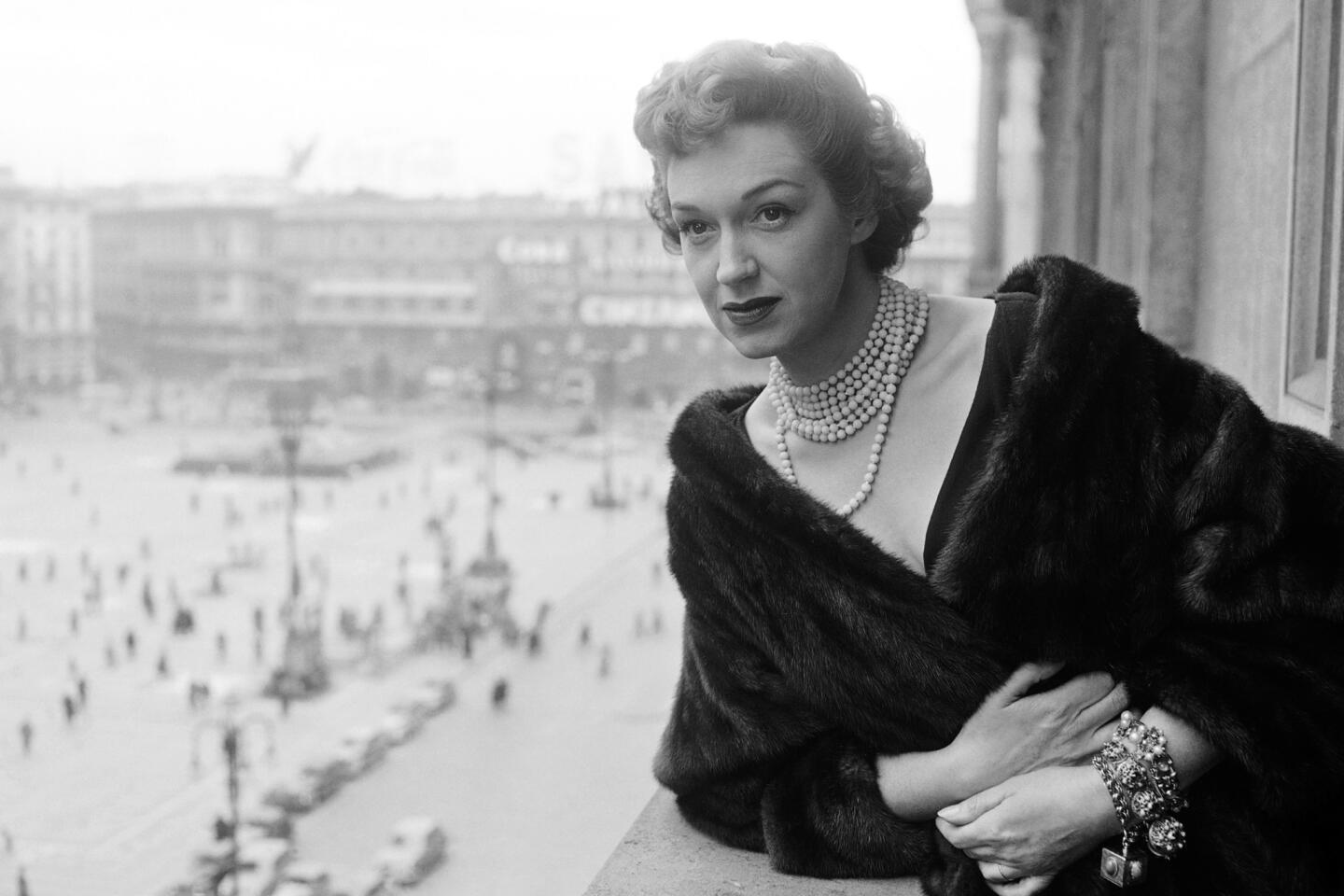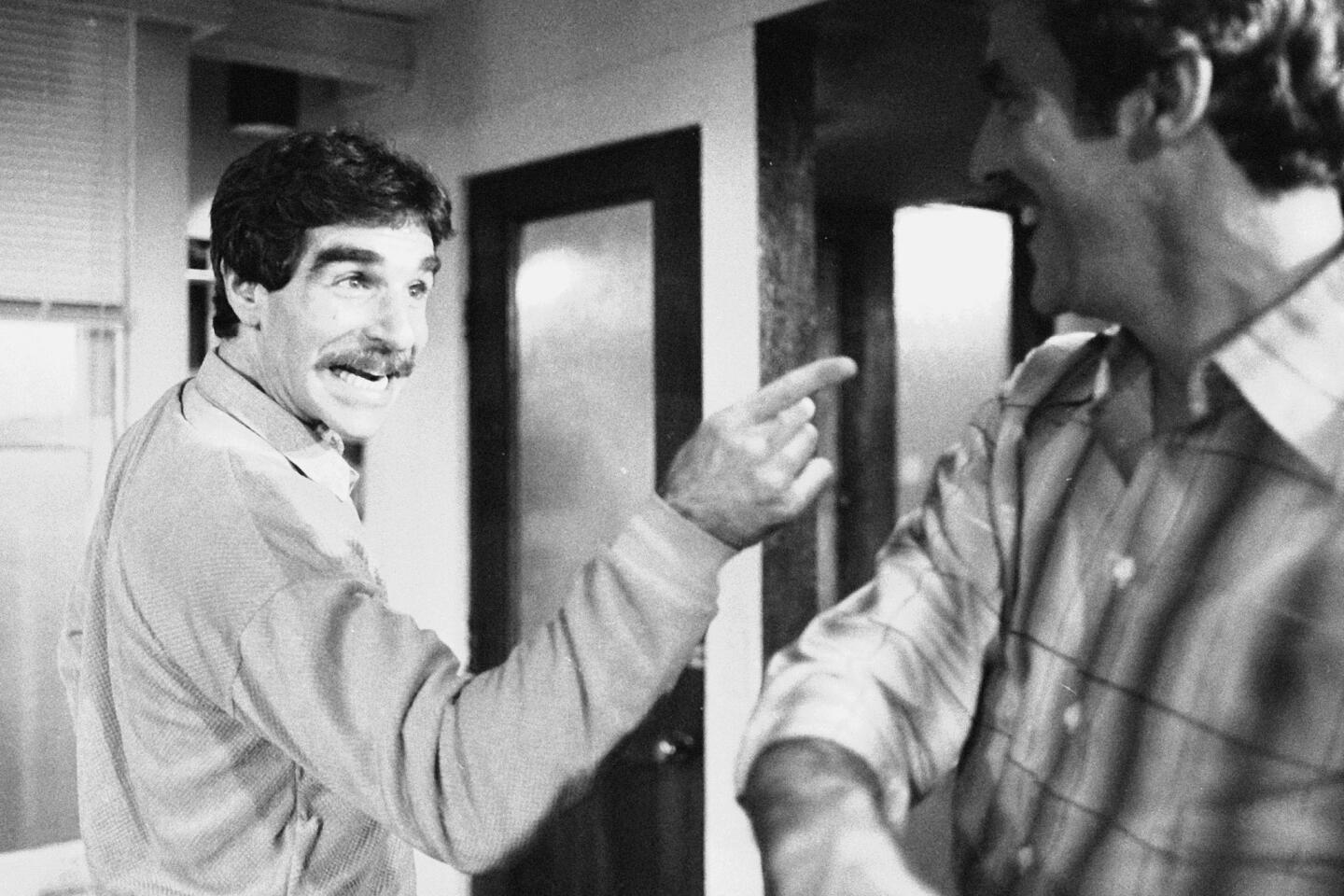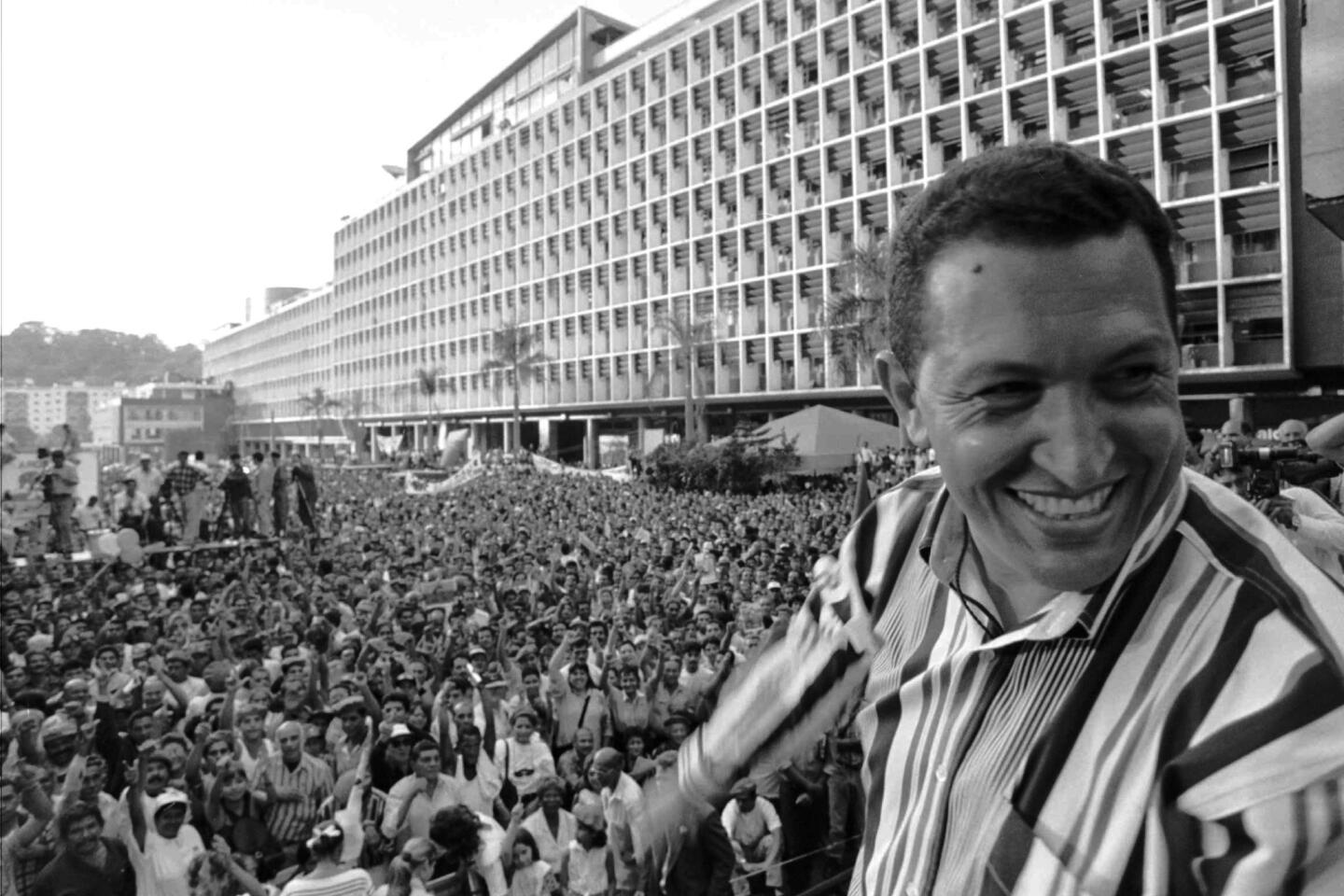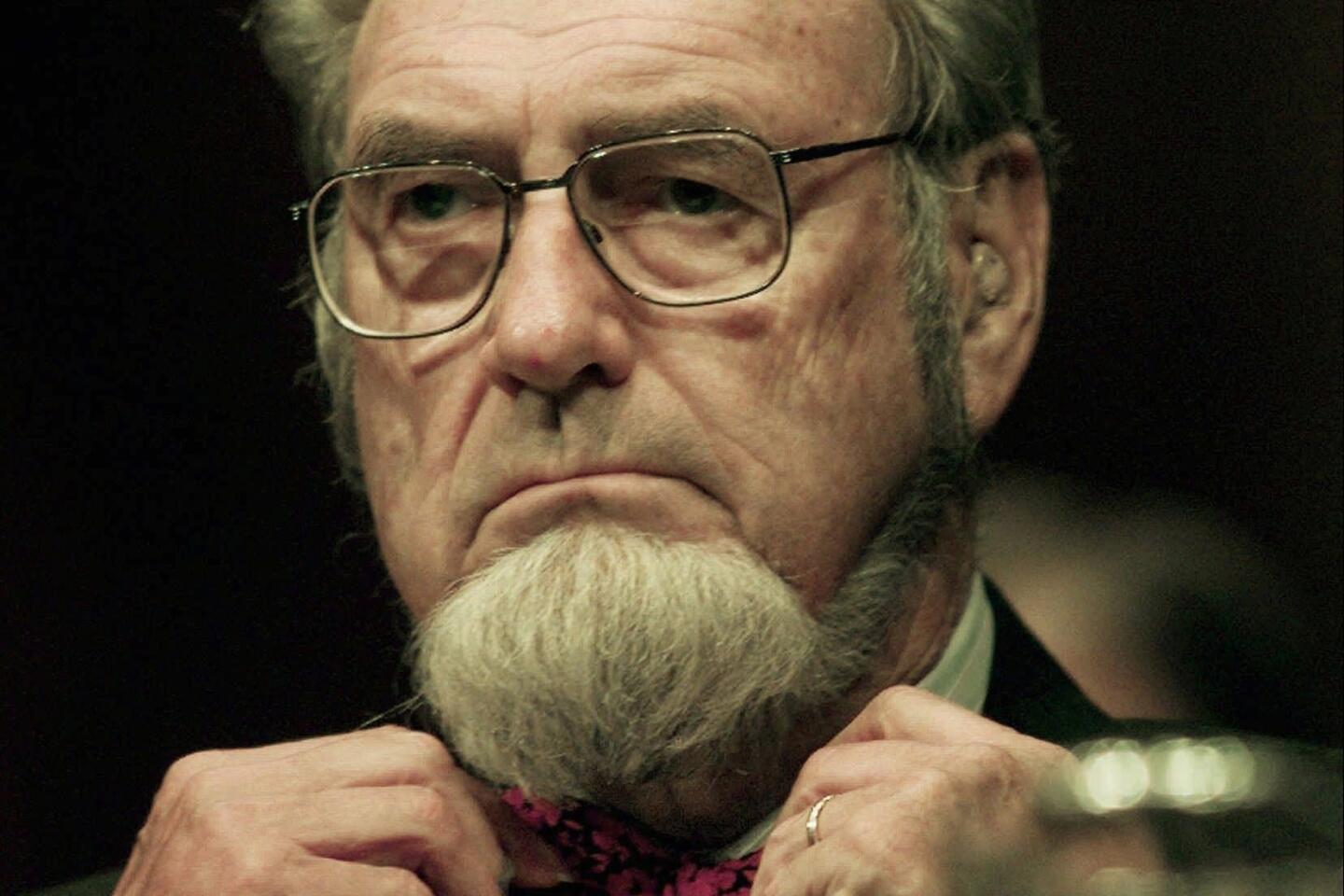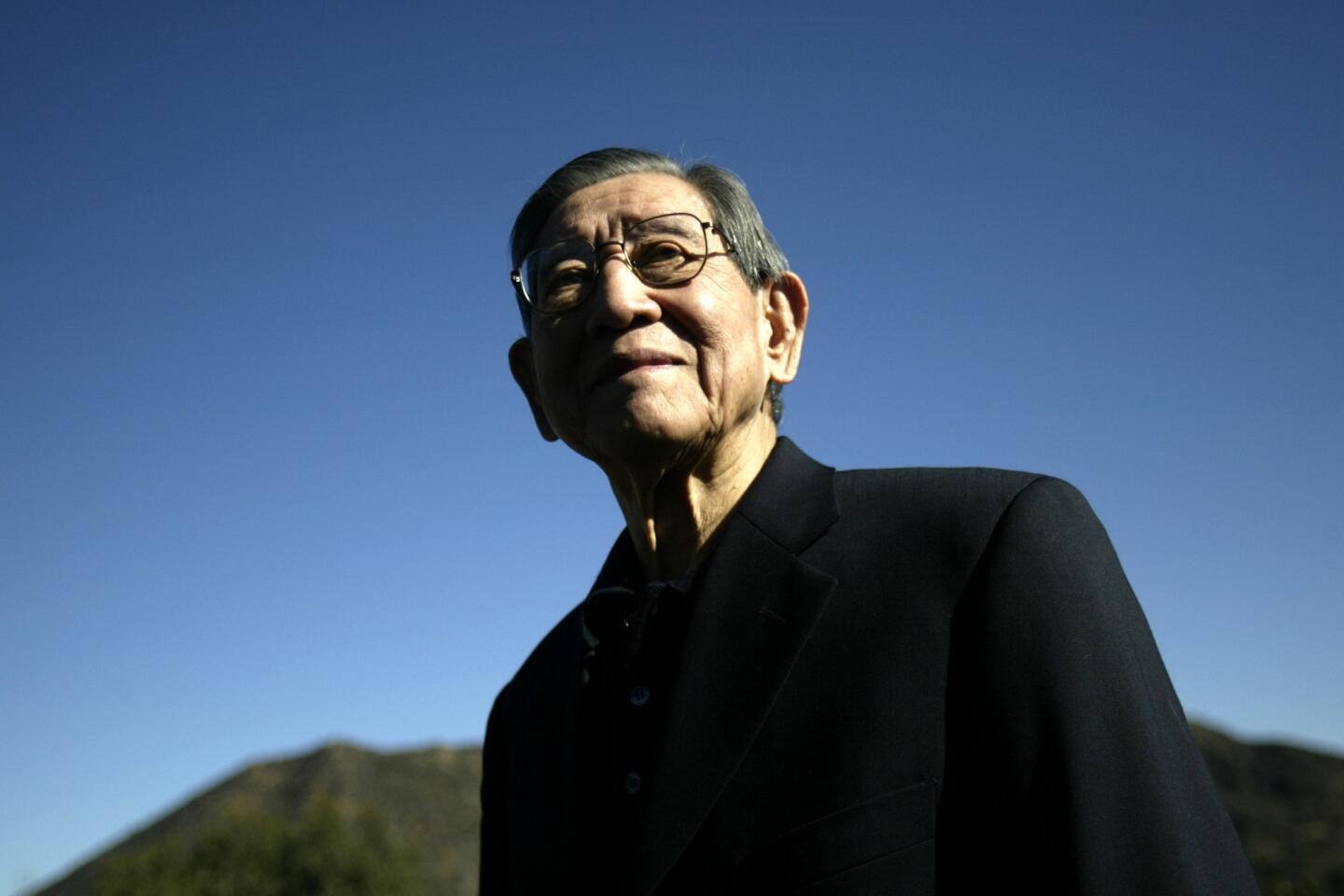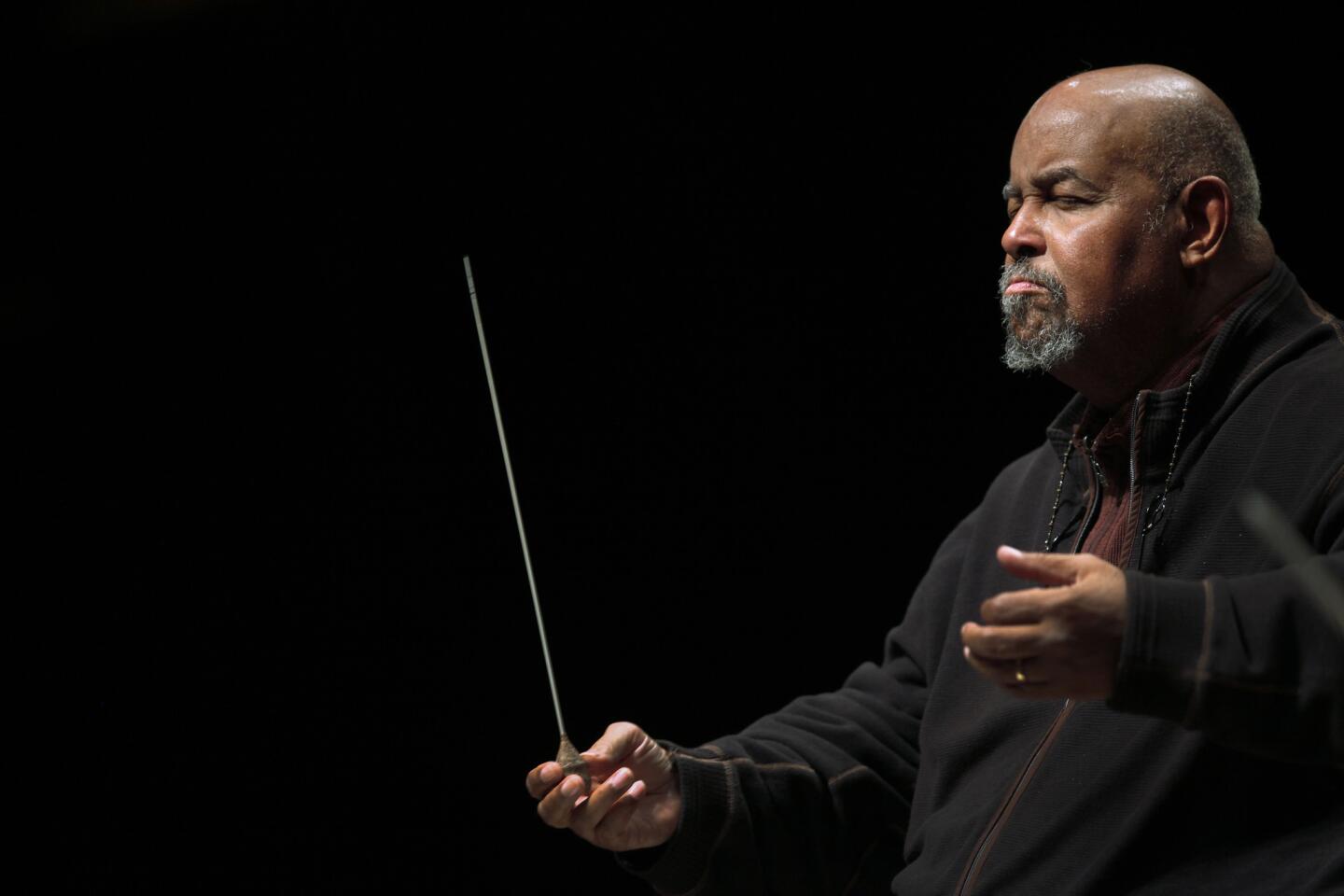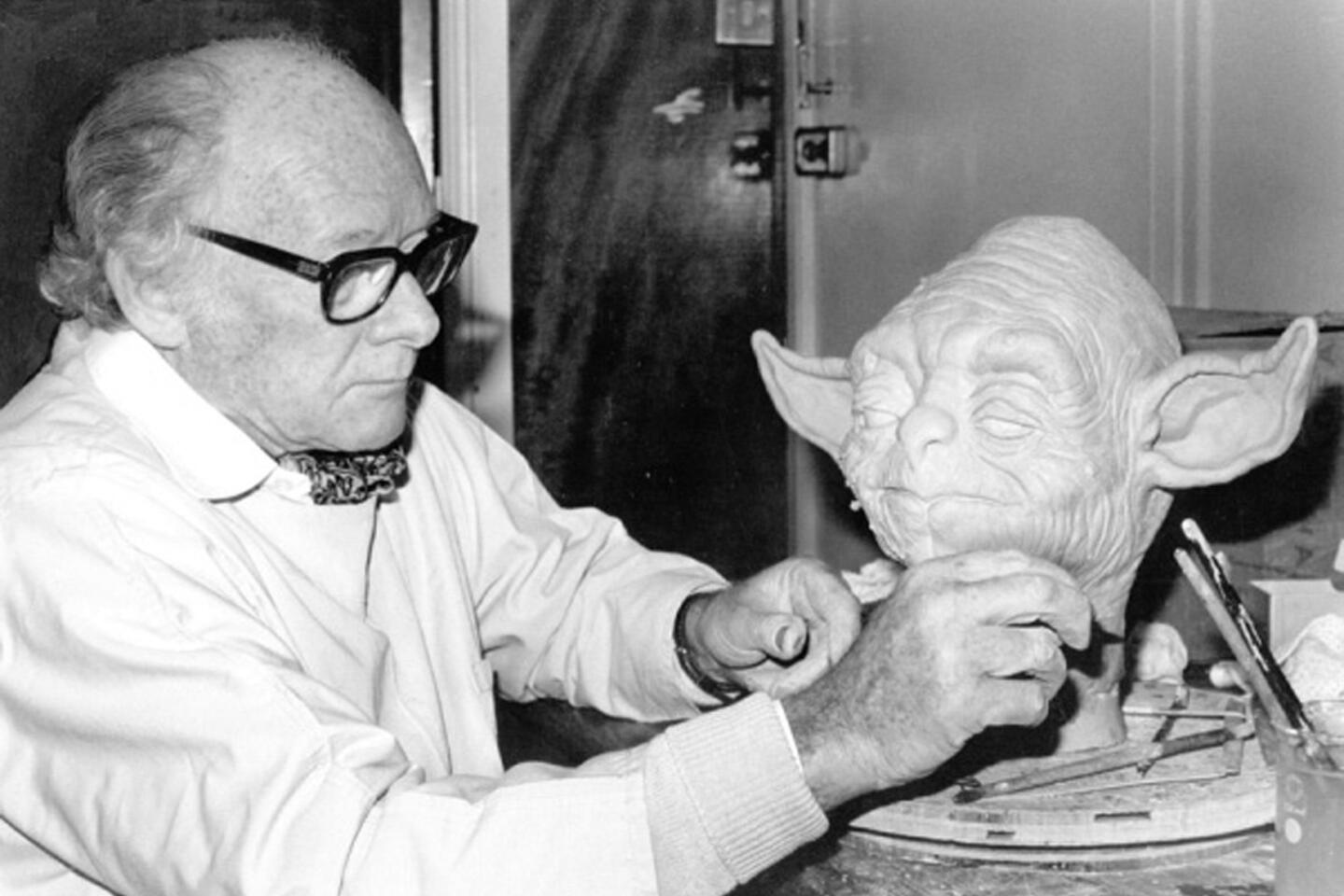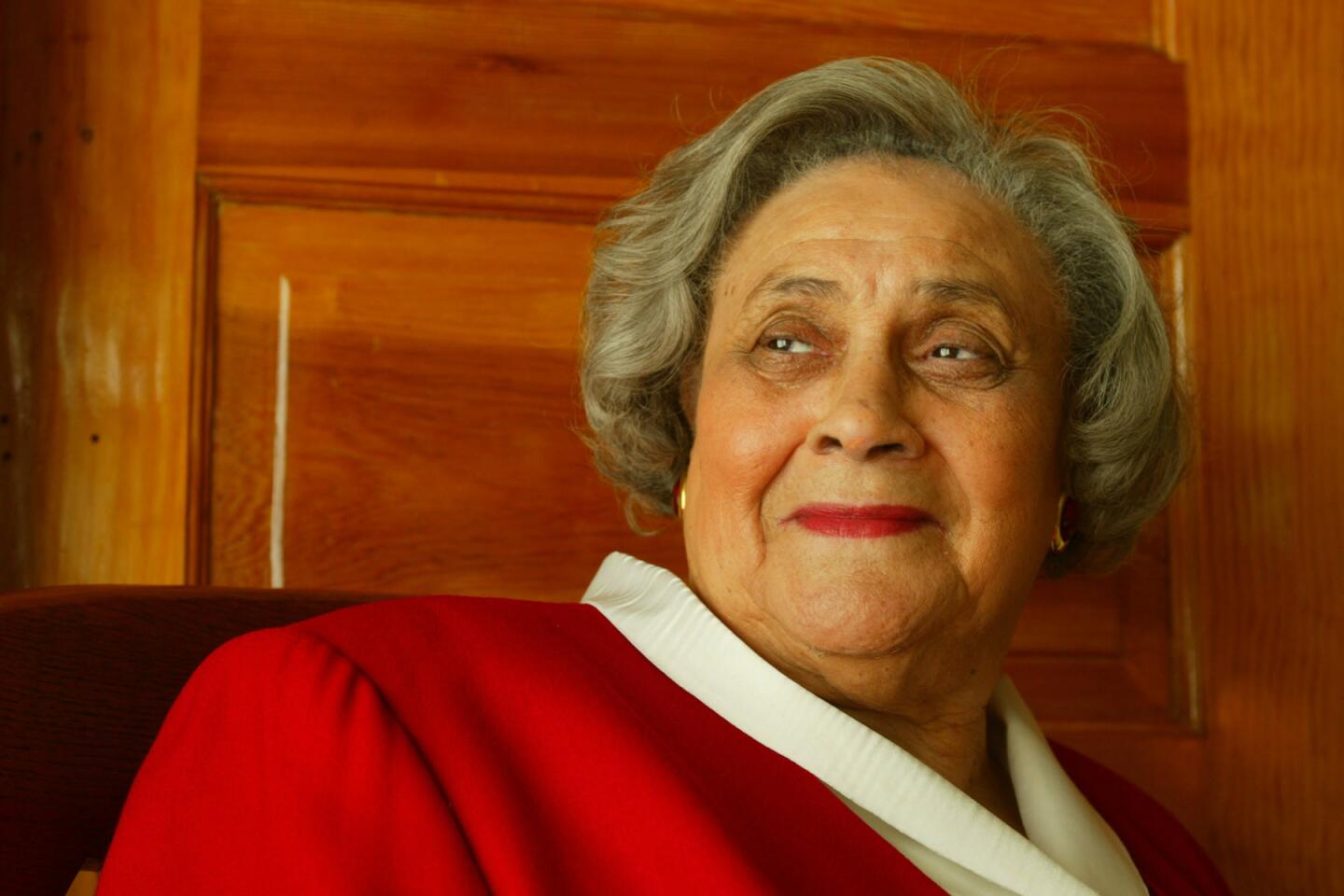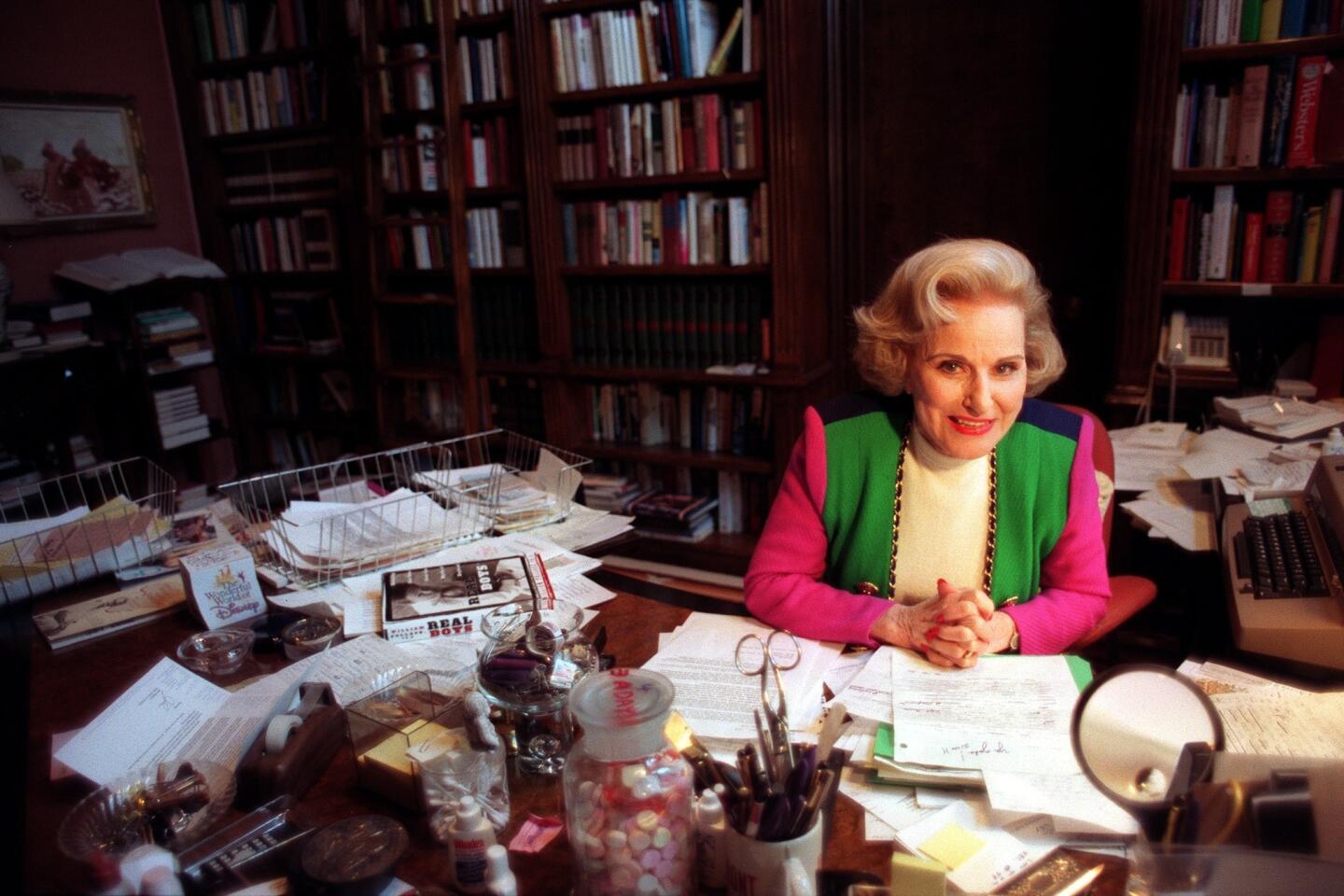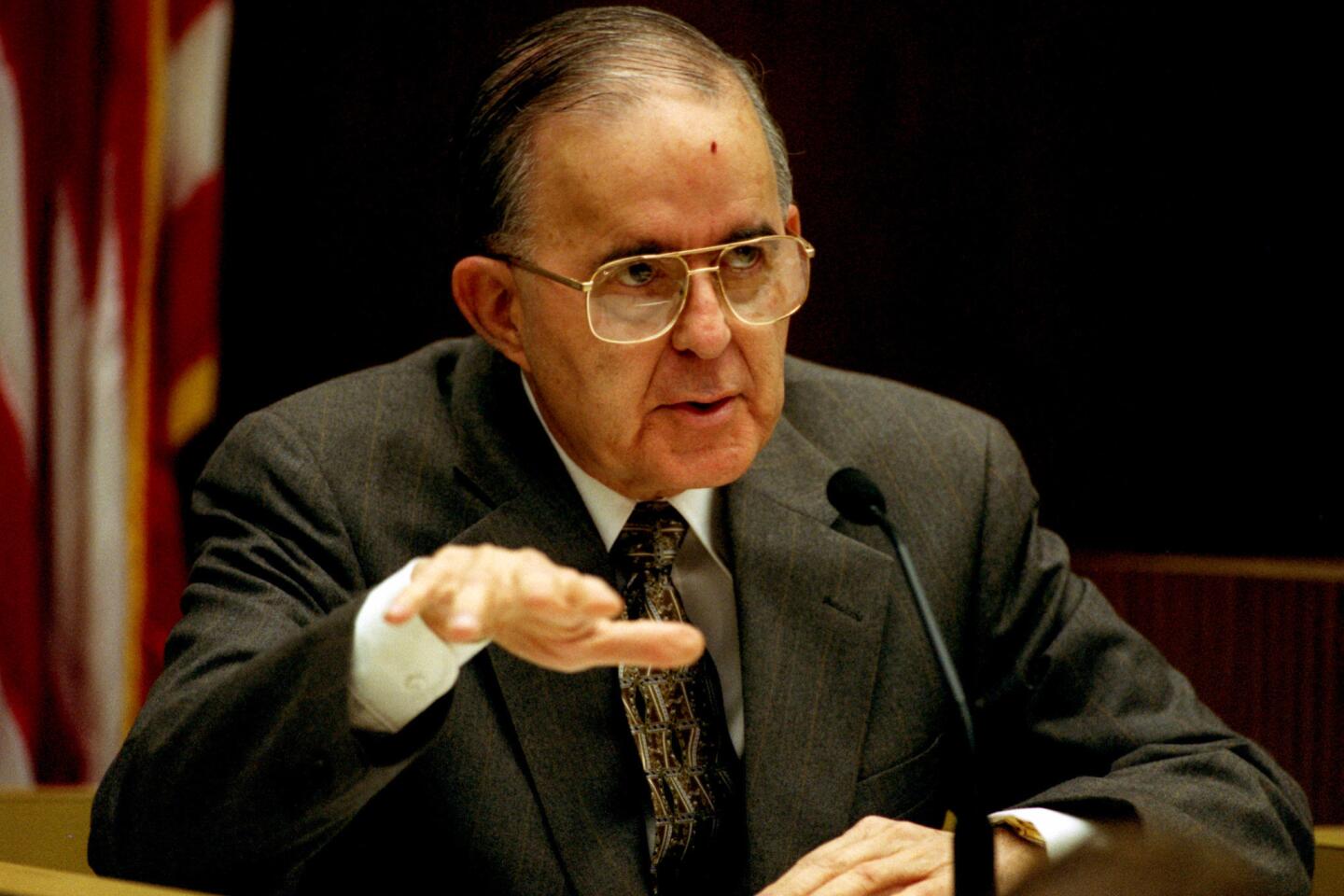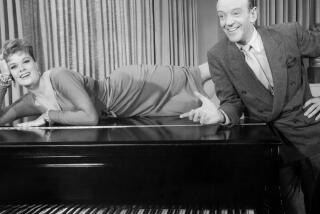PASSINGS: Claramae Turner, Richie Phillips, Rituparno Ghosh
Claramae Turner
Opera singer known for role in ‘Carousel’
Claramae Turner, 92, a gifted contralto who mastered 75 grand opera roles but was best known for her passionate rendition of “You’ll Never Walk Alone” in the 1956 movie “Carousel,” died May 18 in Santa Rosa. No cause was given.
Turner portrayed Nettie Fowler in the Rodgers and Hammerstein musical classic and was featured on the top-selling “Carousel” soundtrack.
She also was the first to popularize “I Left My Heart in San Francisco,” which her friend, composer George Cory Jr., and lyricist Douglas Cross wrote for her in 1953. Turner never recorded the ballad, which became Tony Bennett’s signature song after he began singing it in the early 1960s.
“My friend Mr. Bennett got hold of it and it became his song rather than mine,” Turner told the English newspaper the Mail in 2010. U.S. audiences had become familiar with the song through her performances of it, she said.
Shirley Jones, who starred in “Carousel,” told the Santa Rosa Democrat last week that that when she heard Turner sing, “I said, ‘Oh no, I don’t want to be in this movie with that woman.’ Her talent was extraordinary.”
Born Claramae Haas in Dinuba, Calif., on Oct. 28, 1920, Turner performed Gilbert and Sullivan contralto leads and sang in the San Francisco Opera chorus before making her solo debut there in a 1942 performance of “L’Amore dei Tre Re.”
Although the San Francisco Opera would remain Turner’s artistic home, she spent four seasons with the Metropolitan Opera, singing 105 performances with the company in New York and on tour. Among her most notable Met assignments were Auntie in the 1948 company premiere of “Peter Grimes” and Gertrud in “Hansel and Gretel,” which she recorded with the Met in 1947.
She last appeared onstage in an opera in 1974 in San Francisco with Beverly Sills.
Her first marriage, to Robert Turner, ended in divorce. In 1950 she married Standard Oil engineer Frank Hoffmann, who died in 1995.
Richie Phillips
Negotiator for umpires union
Richie Phillips, 72, a lawyer turned union negotiator who became something of a folk hero among the Major League Baseball umpires he represented for more than 20 years, died Friday of cardiac arrest in Cape May, N.J. A Broomall, Pa., funeral home confirmed his death.
“We got so much because of Richie — pensions, vacations, better salaries,” former umpire Don Denkinger said Tuesday.
In the 1970s and 1980s, Phillips represented NBA referees. He led the MLB umpires from 1978 to 1999.
While growing up in the Philadelphia area, Phillips led a strike of altar boys at his parish in a dispute about their tips. He was 13.
Under Phillips, big league umpires held a seven-week strike in 1979, a walkout at the start of the 1984 playoffs and a brief interruption on opening day in 1991. His strategies led to better pay and benefits. Between 1978 and 2000, the pay for a rookie umpire rose from $17,500 to at least $95,000.
Although Phillips often came across as loud and brash, umpires said his personality was what caused the MLB hierarchy to take him seriously.
“Richie would always tell the guys to stick together and we’d get things hammered out, and that’s what they did,” Denkinger said. “When it all came apart in 1999, he didn’t have everybody, he didn’t have 100%.”
That year, a failed tactic of mass resignations cost 22 umpires their jobs. The setback prompted umpires to abandon Phillips’ Major League Umpires Assn. and form a new union, the World Umpires Assn.
Phillips earned his undergraduate and law degrees from Villanova University. He worked for Philadelphia Dist. Atty. and future senator Arlen Specter, and initially turned to sports as an NBA agent.
Rituparno Ghosh
Award-winning Indian director
Rituparno Ghosh, 49, who directed award-winning films dealing with women, gender identity and the dilemmas of India’s urban middle class, died in Calcutta on Thursday of a heart attack, his family told Indian news outlets.
Ghosh shot to fame with his first film, “Hirer Angti” or “The Diamond Ring,” in 1994. He followed with a string of Bengali-language movies that earned him 12 national film awards, including best director.
His films included “Unishe April” or “The Nineteenth of April” (1994), which focused on the difficult relationships between a dancer and her grown daughter, and “Chokher Bali” or “Sand in the Eye” (2003), based on a novel about the quandaries facing a young widow.
He directed about 20 feature films, earning critical acclaim at international film festivals in Switzerland, London and other locales.
His 2007 creation, “The Last Lear,” was his first English-language film and centered on a retired actor who returns to film to reprise the lead role in a production of Shakespeare’s “King Lear.” The movie premiered at the Toronto Film Festival.
On Twitter, Bollywood superstar Amitabh Bachchan, who starred in “Lear,” called Ghosh a “brilliant director” and said he had a “sensitive, artistic mind.”
The son of a filmmaker and painter, Ghosh was born in Calcutta on Aug. 31, 1963. He studied economics at Calcutta’s Jadavpur University and worked in advertising before beginning his film career.
In addition to directing, Ghosh acted occasionally, playing gay characters in movies such as in Sanjoy Nag’s “Memories in March” (2011). An avid cross-dresser, he rejected sexual categories, preferring to think of himself as being in a state of “gender fluidity.”
— Los Angeles Times staff and wire reports
More to Read
Sign up for Essential California
The most important California stories and recommendations in your inbox every morning.
You may occasionally receive promotional content from the Los Angeles Times.
